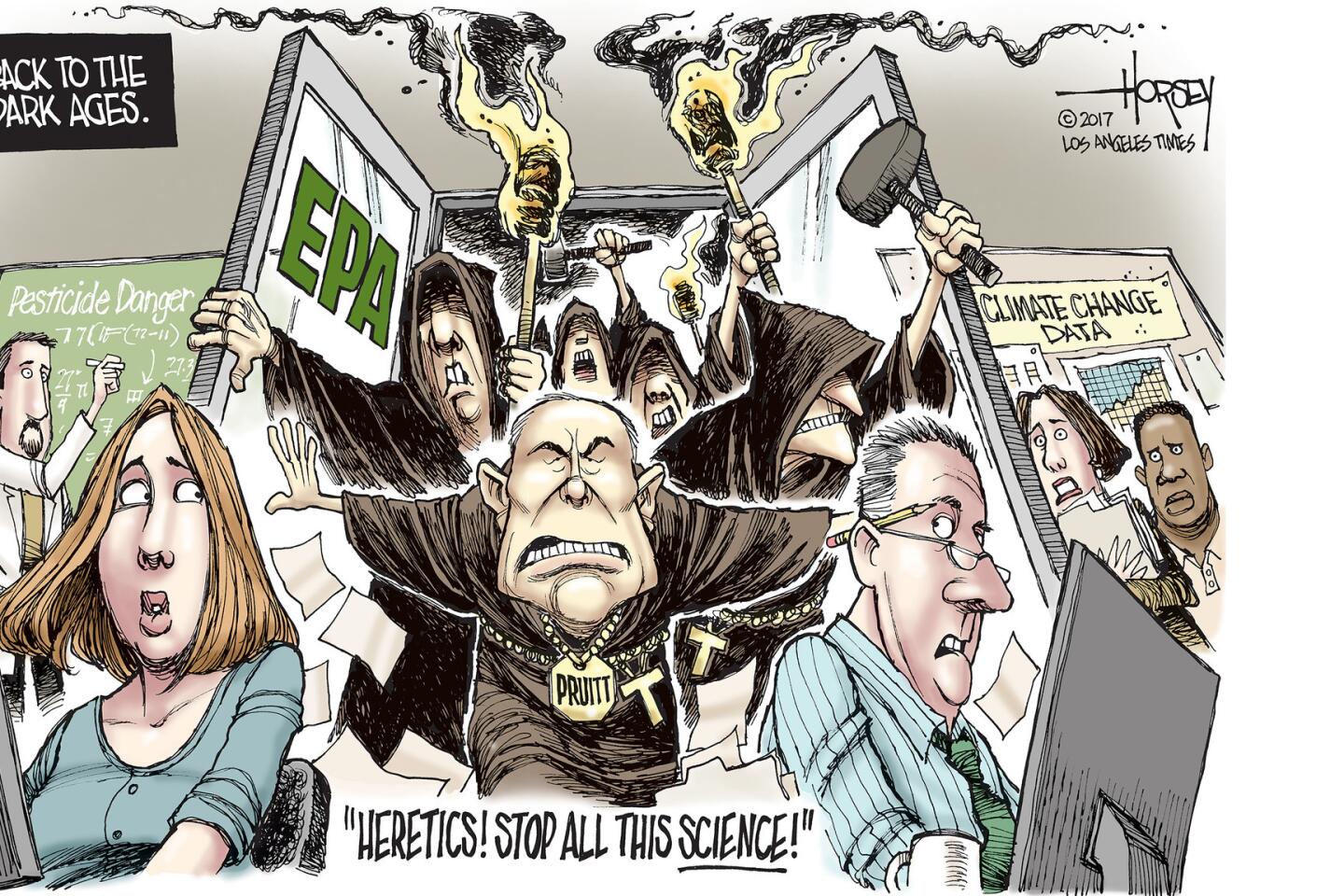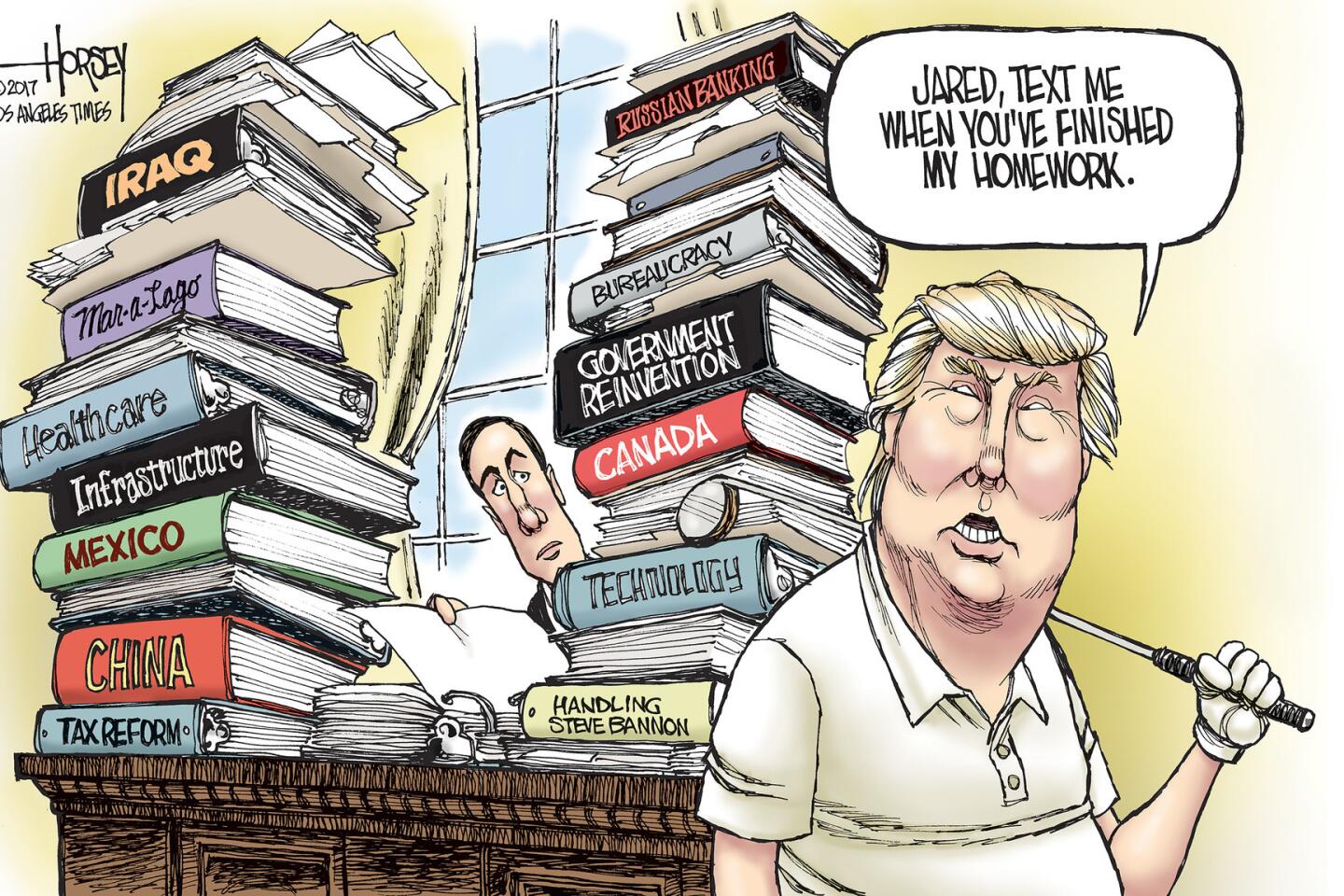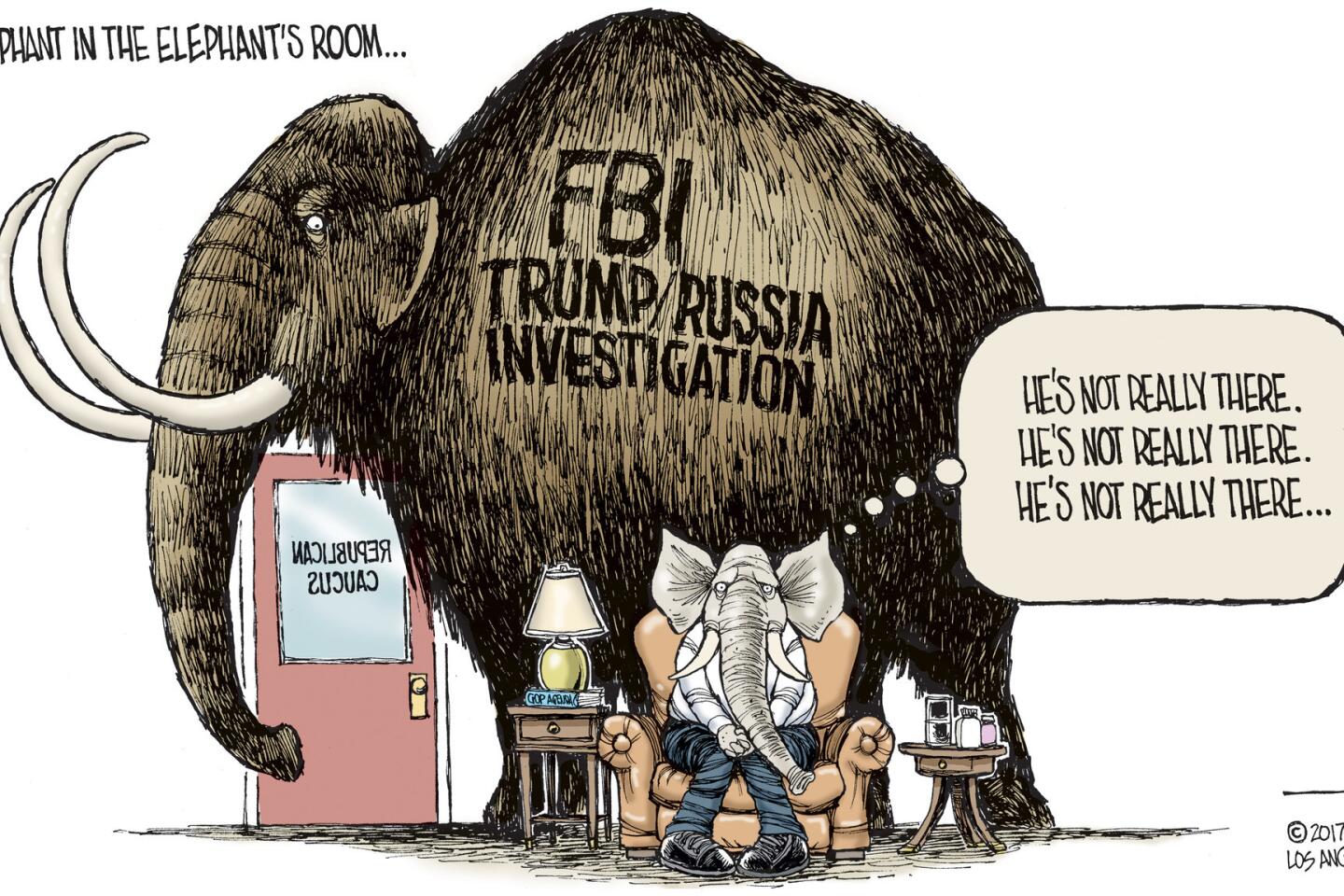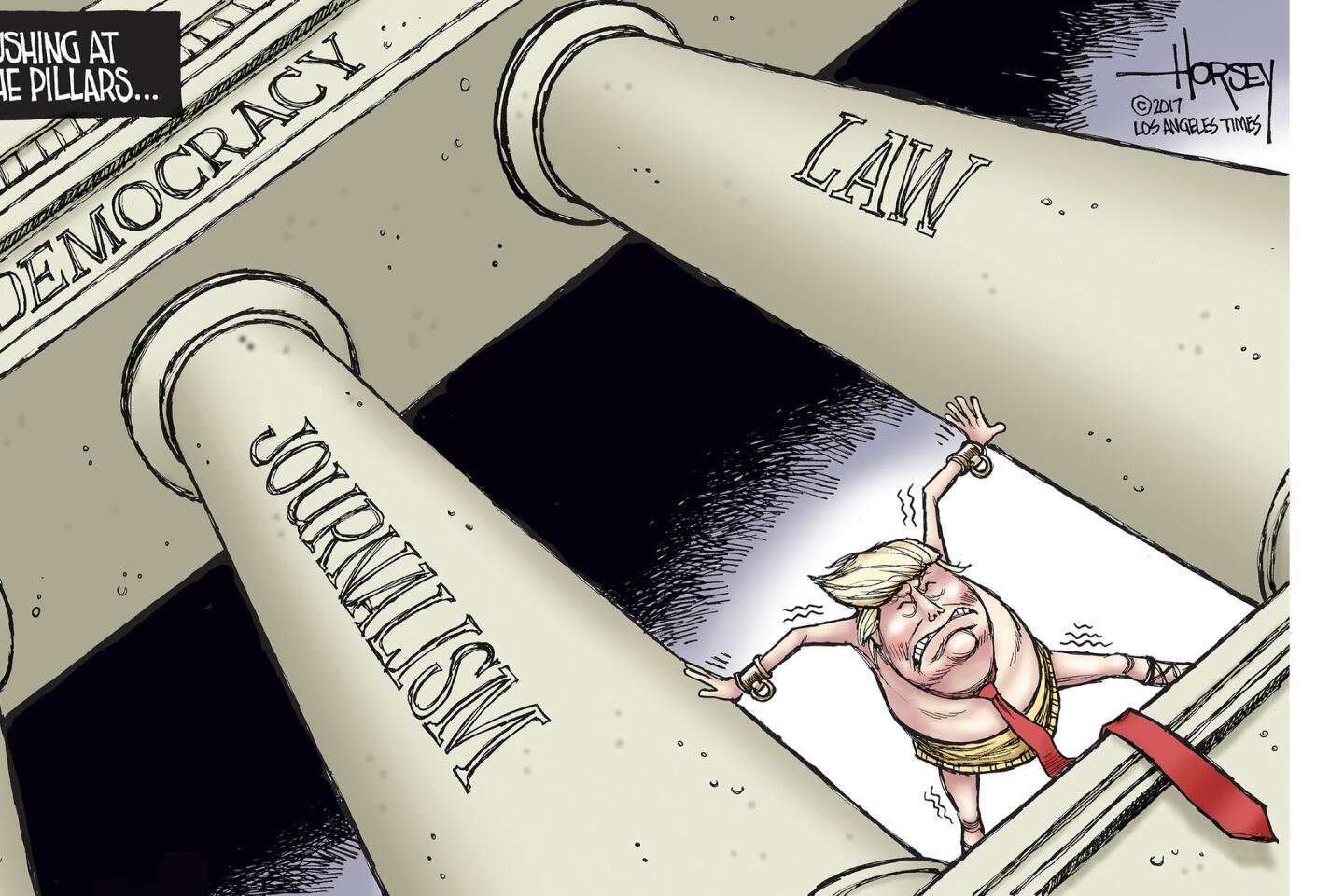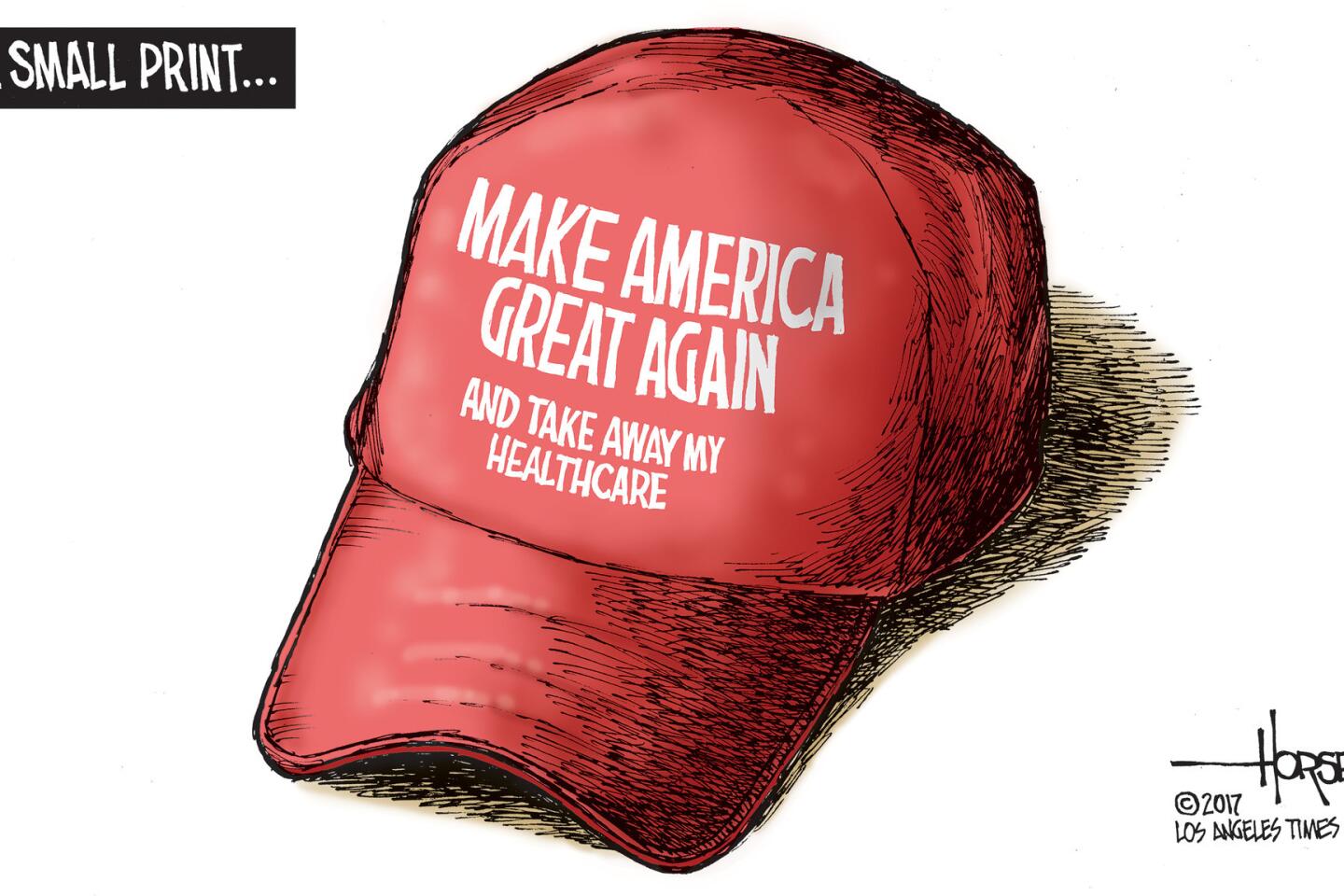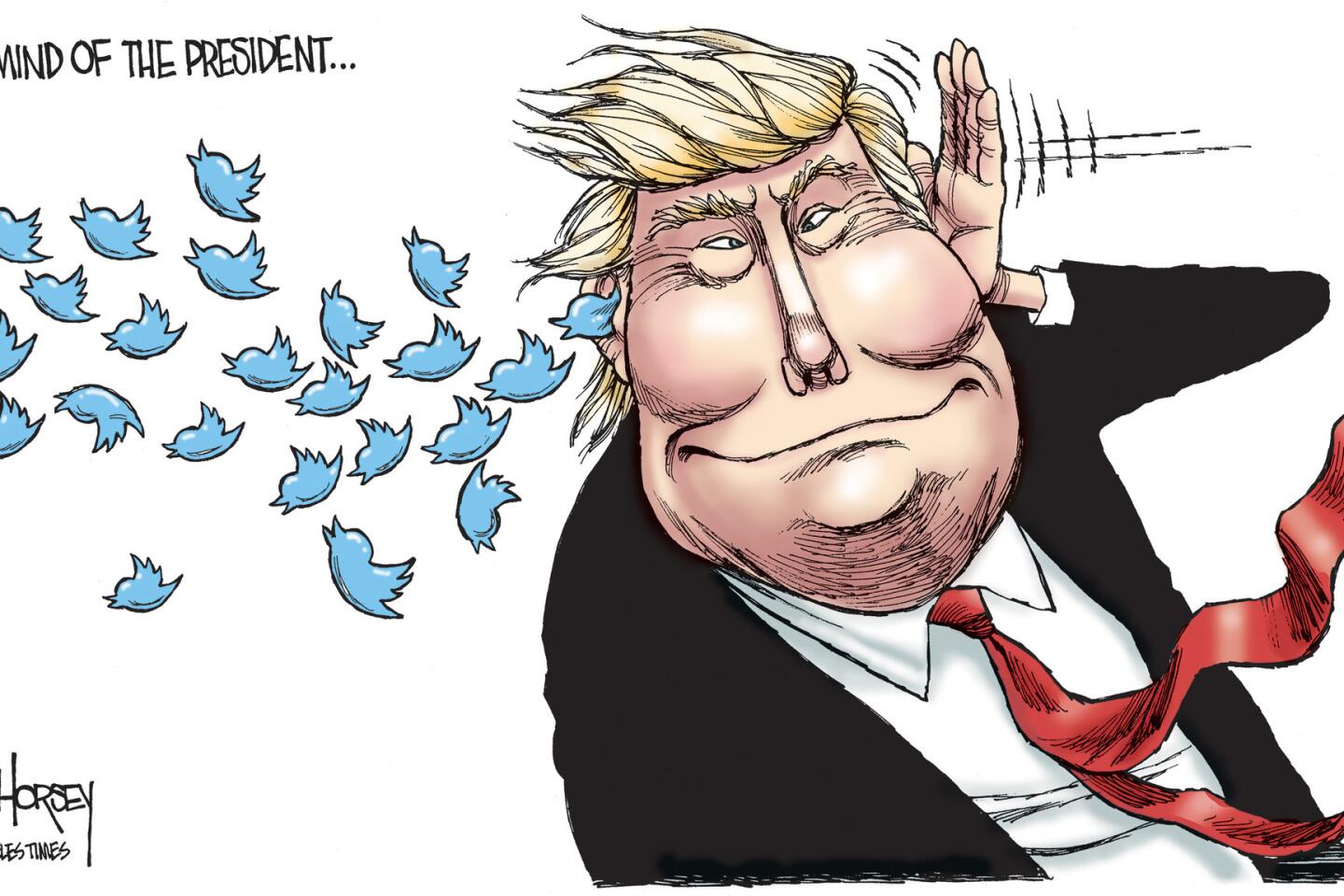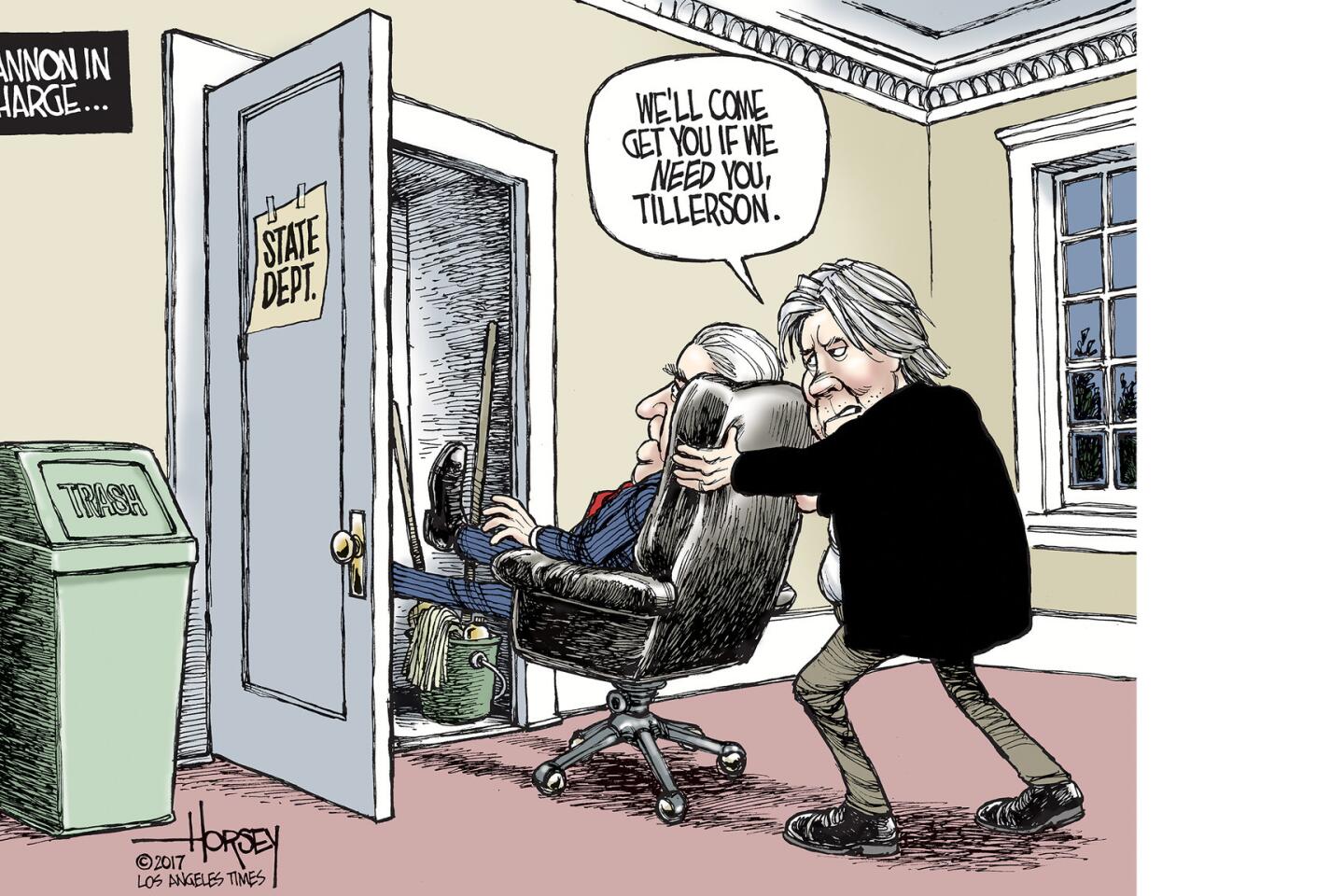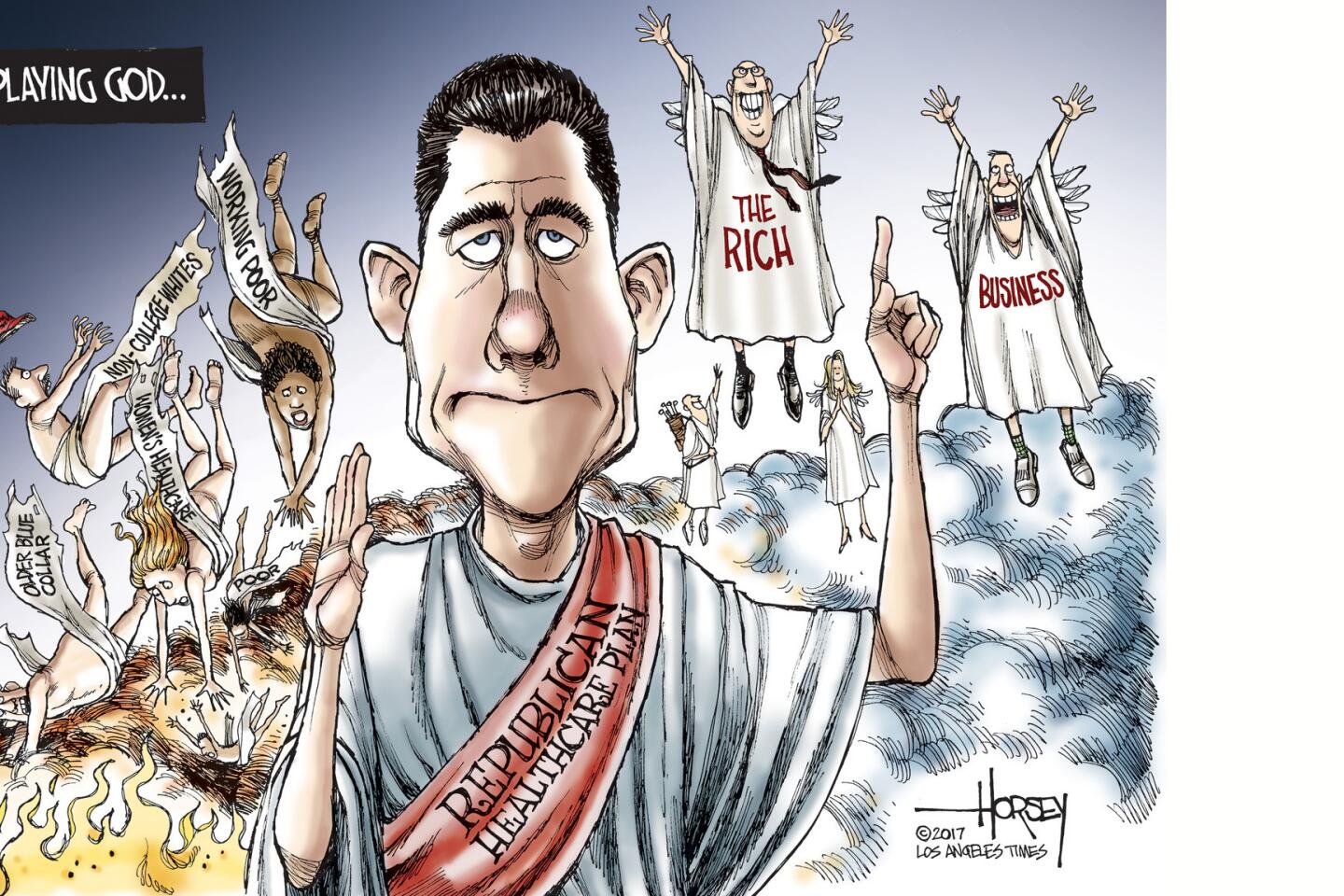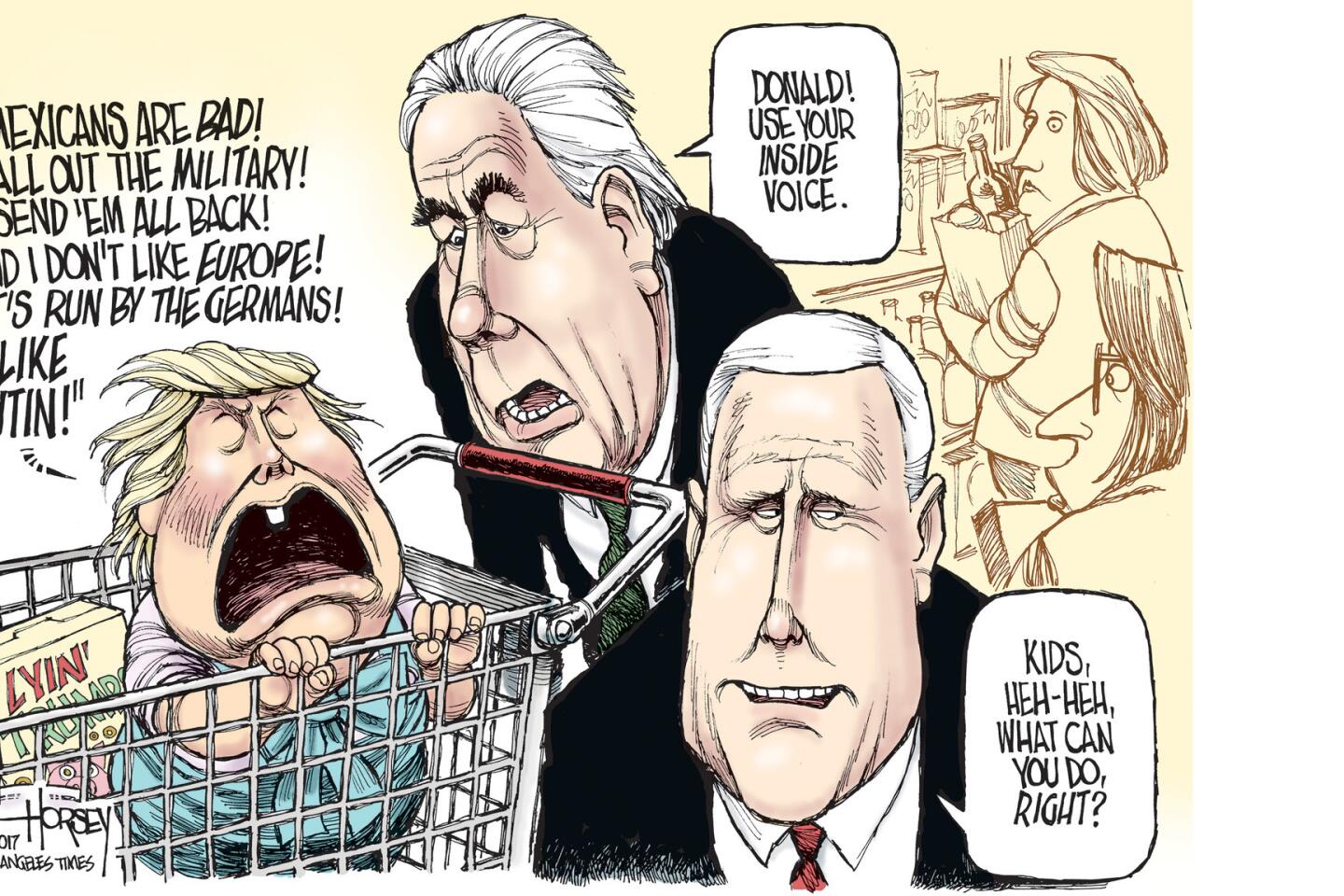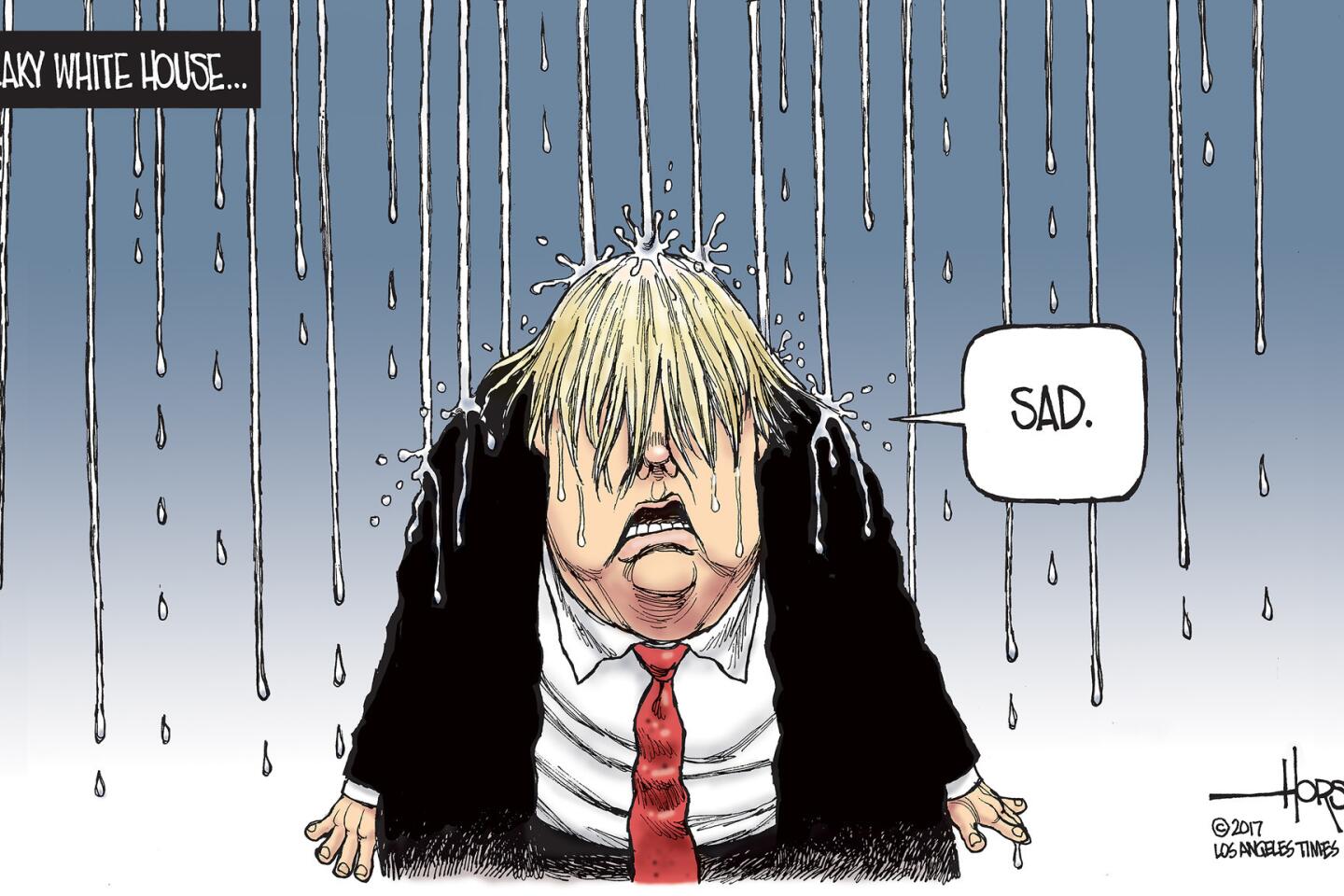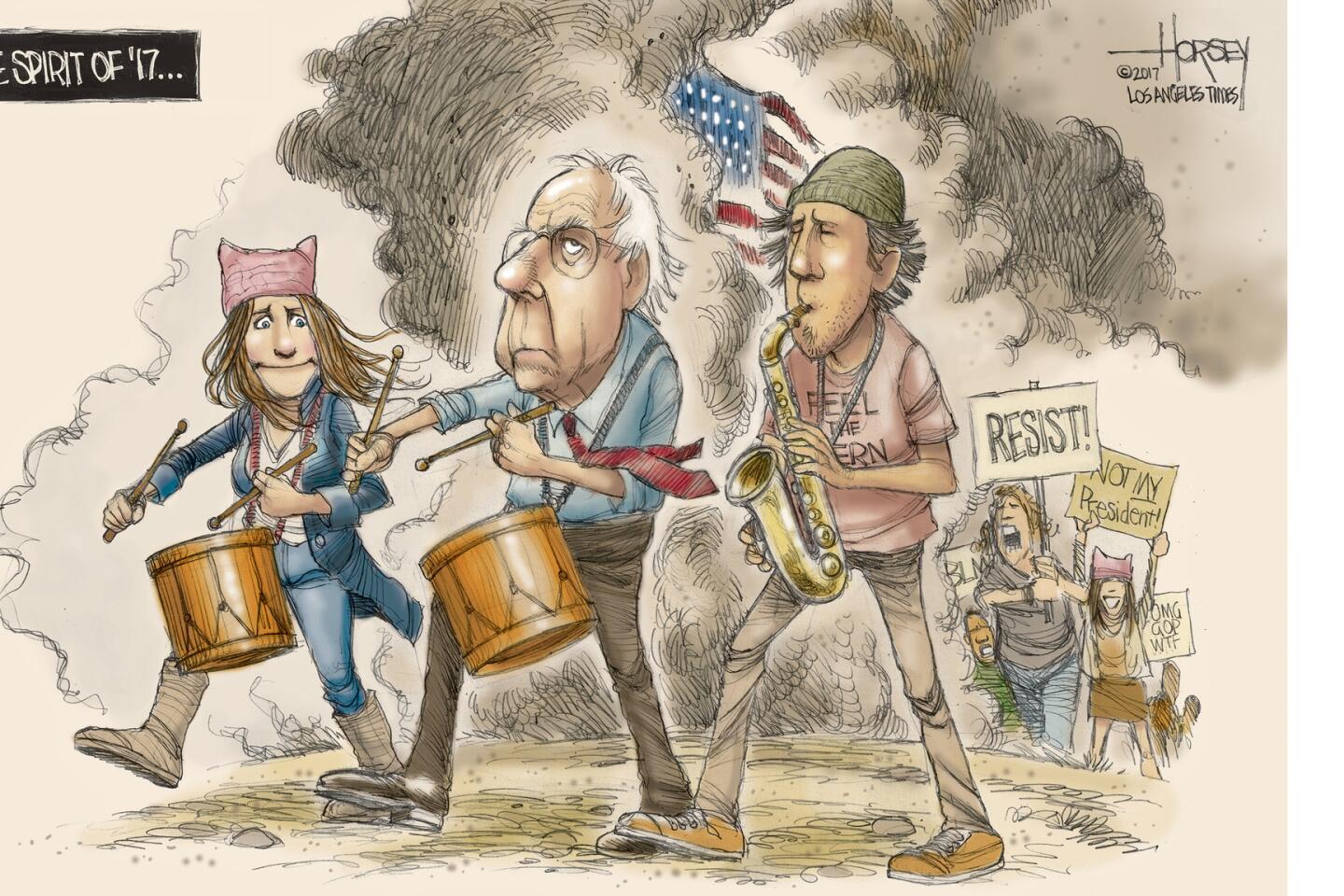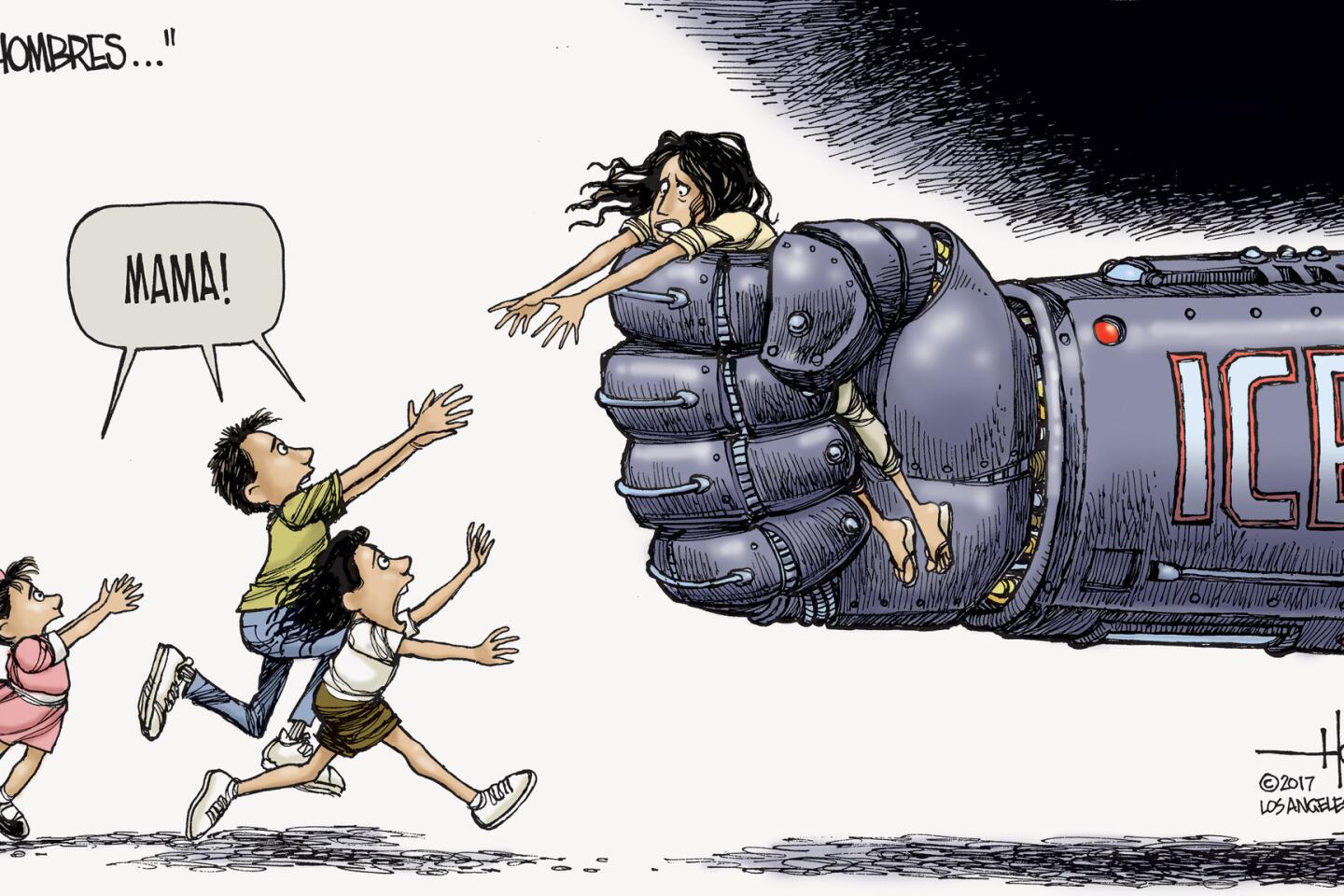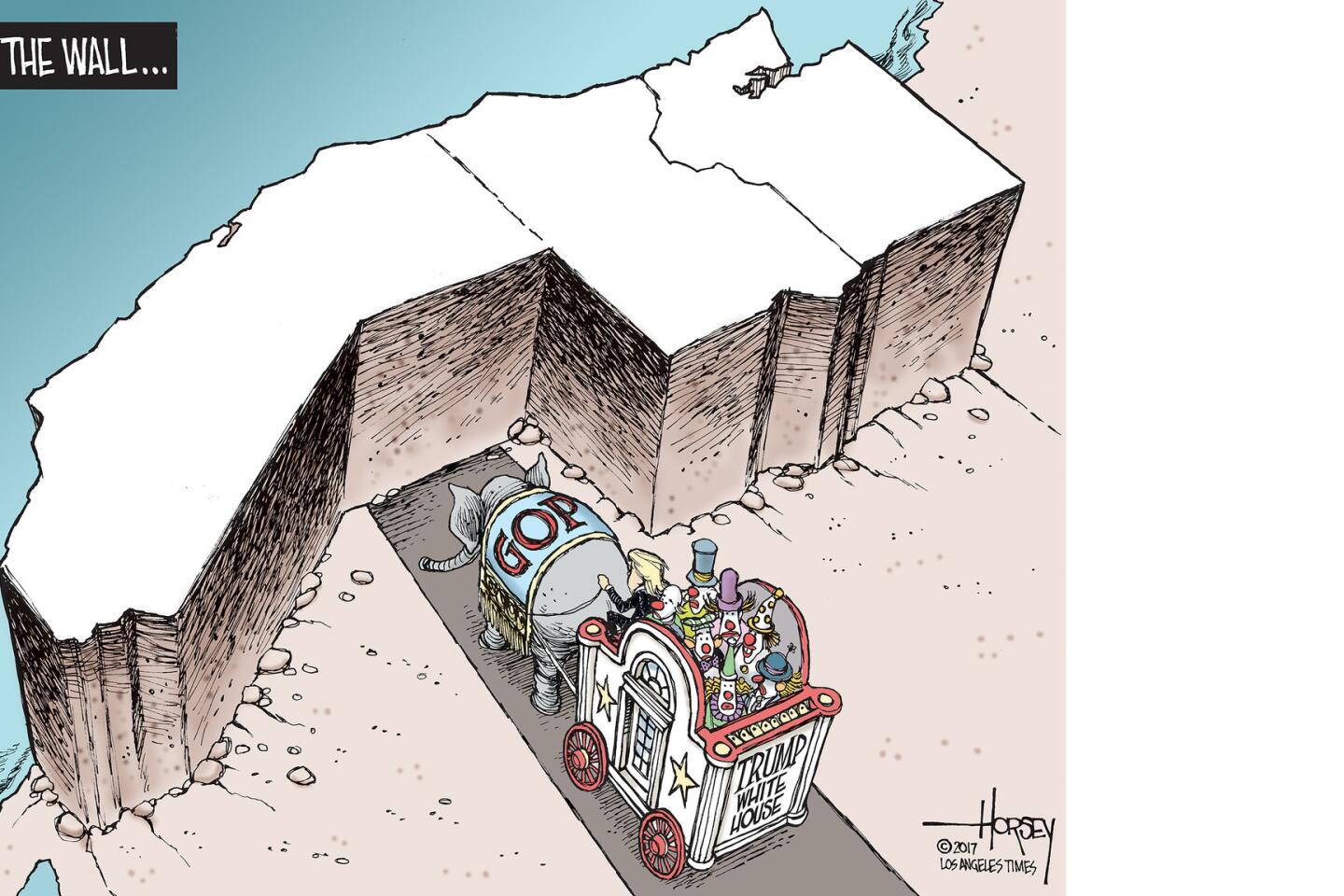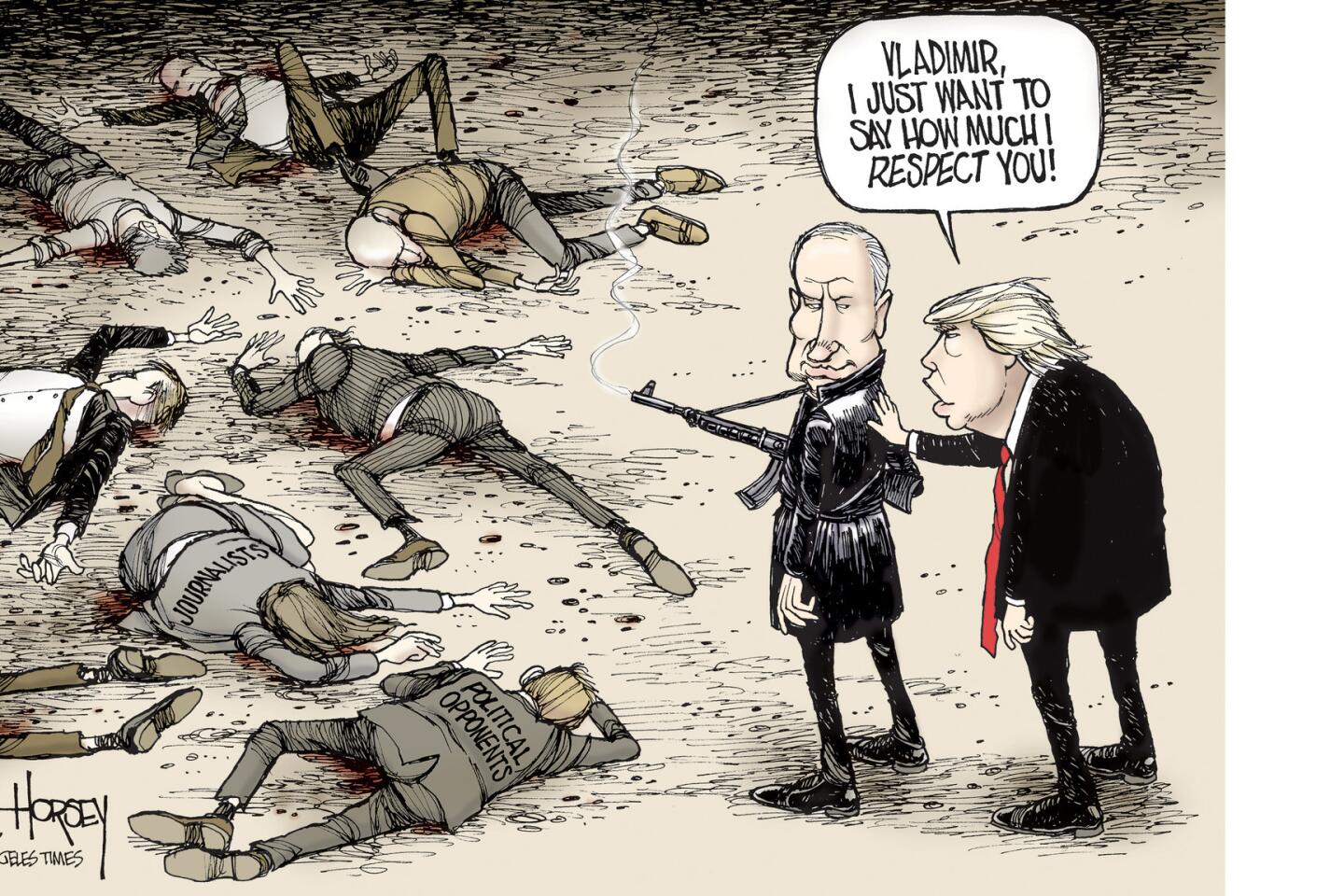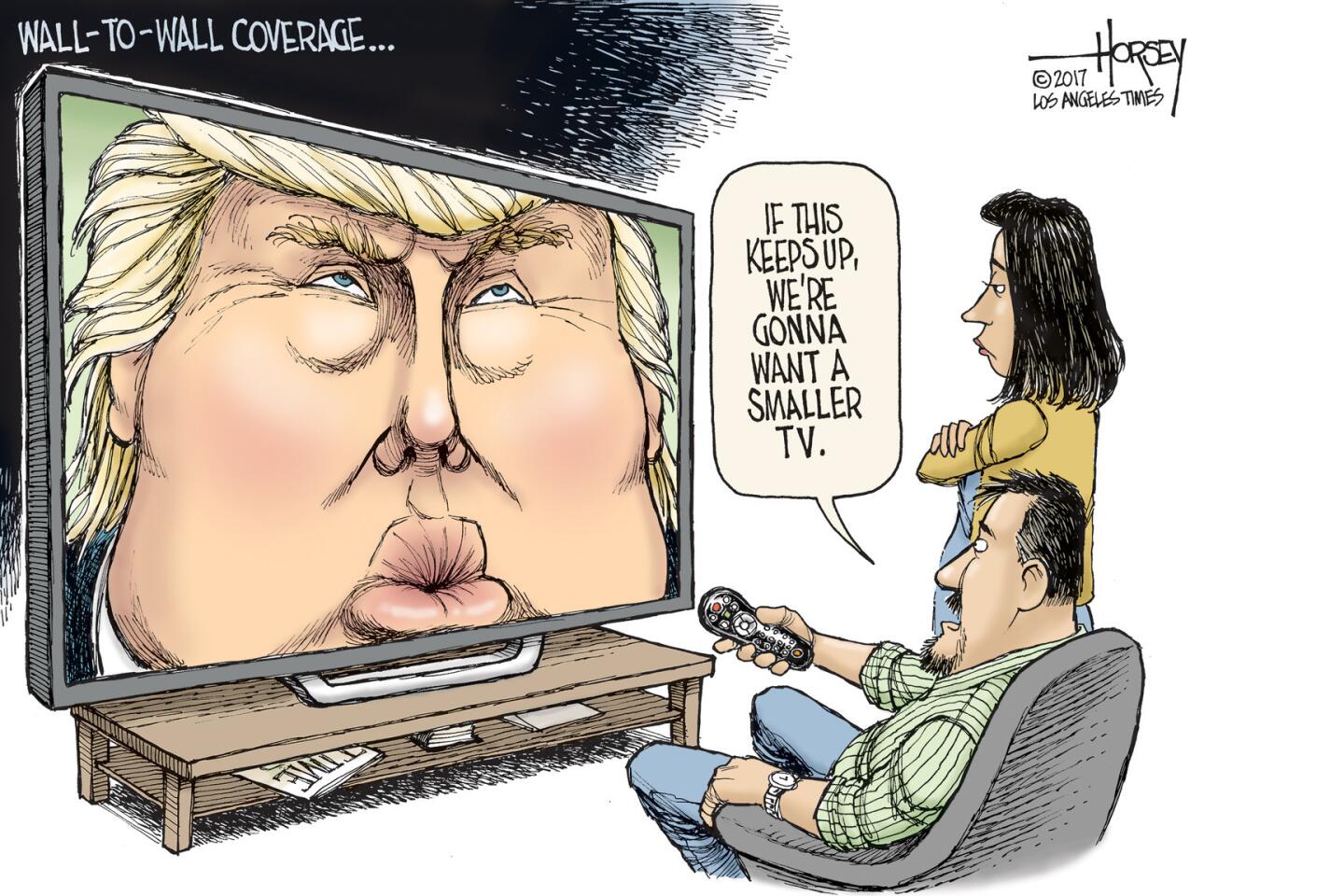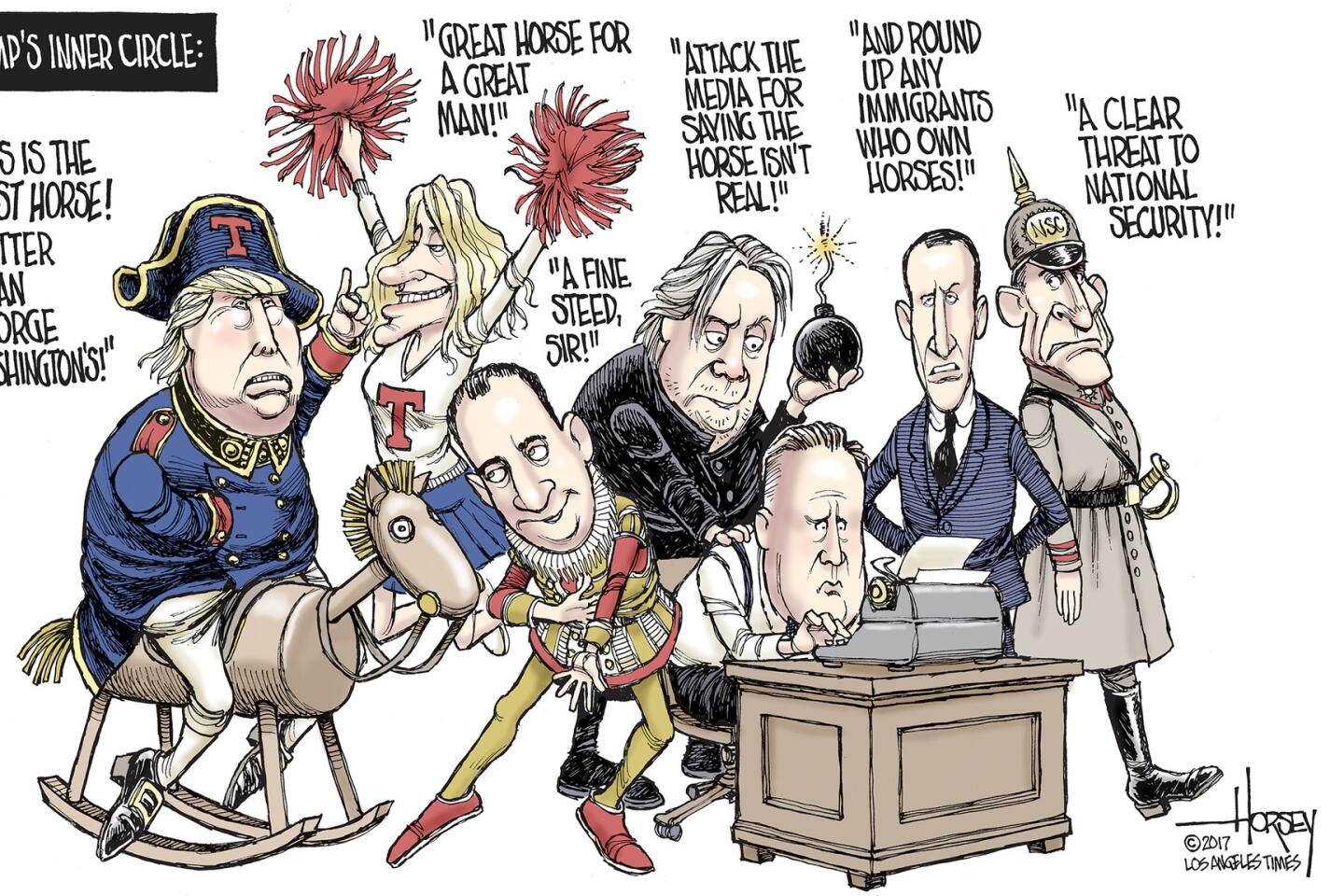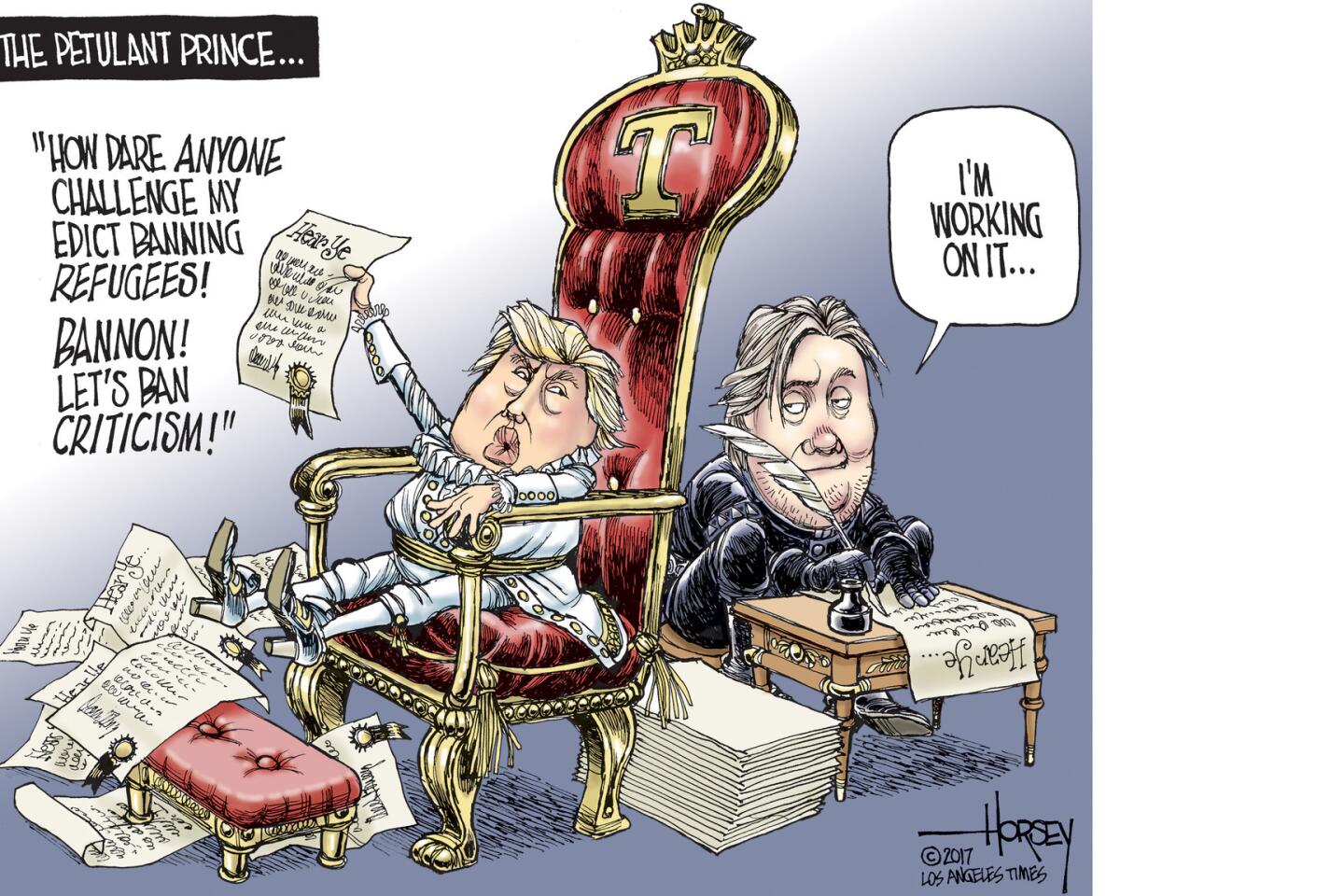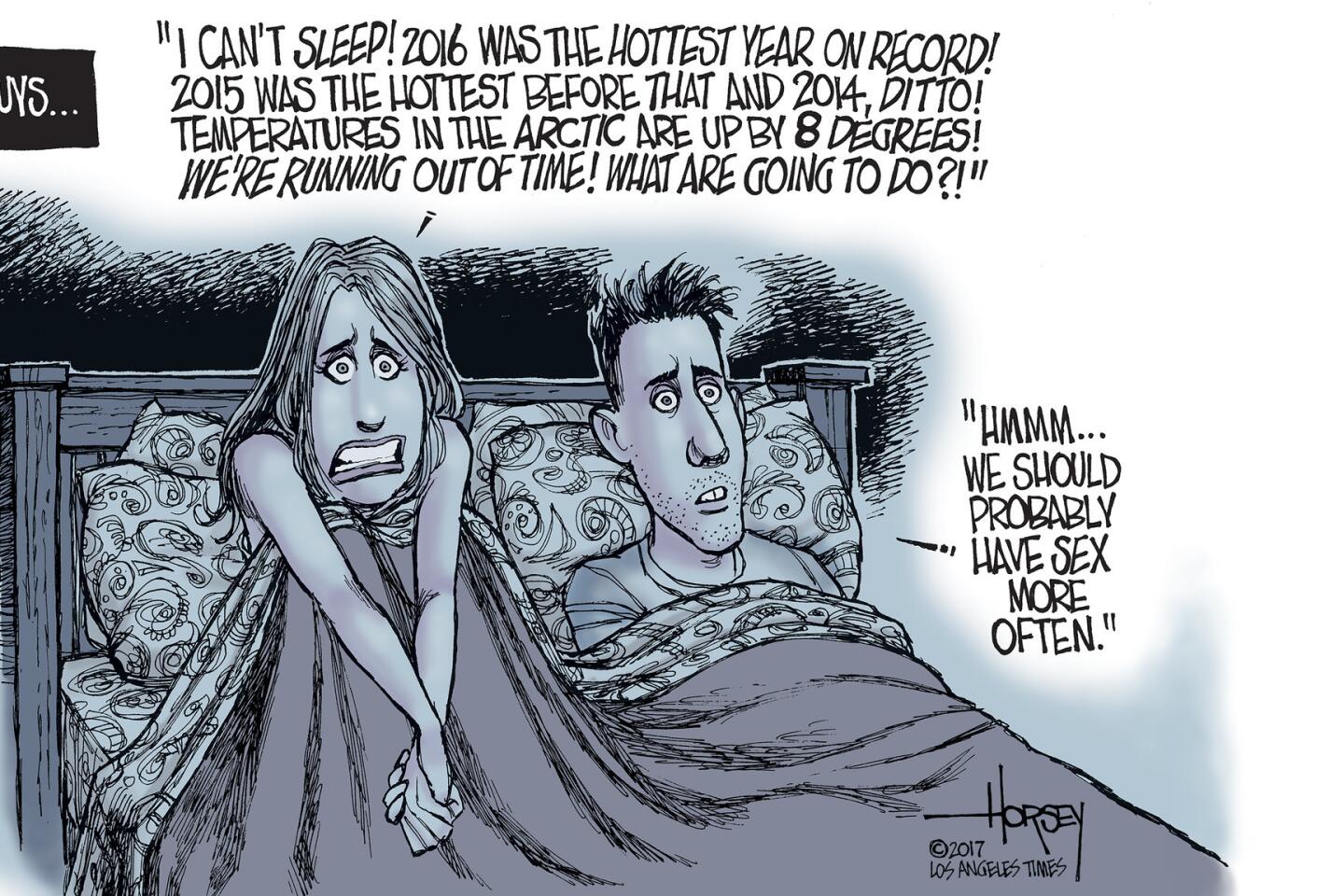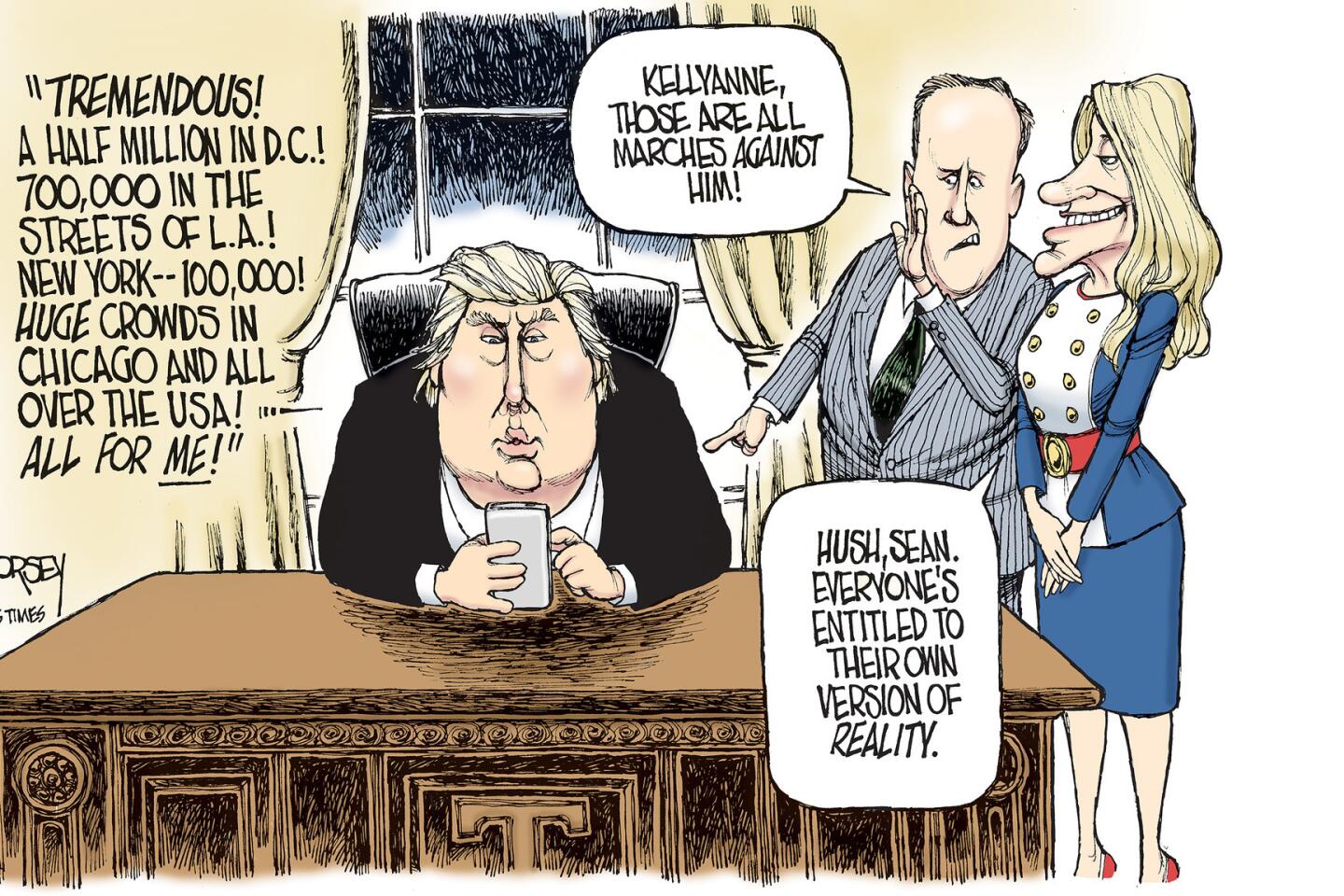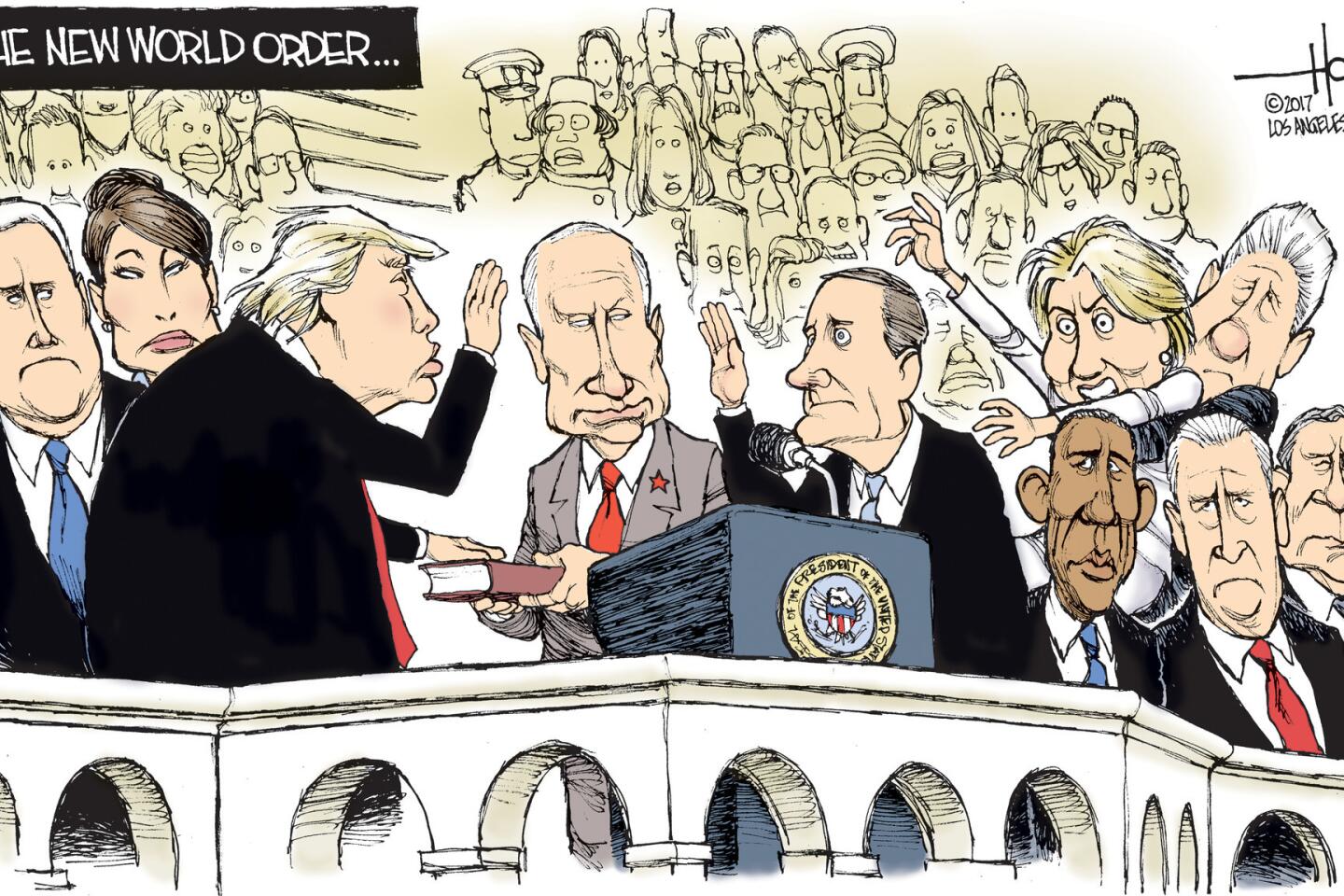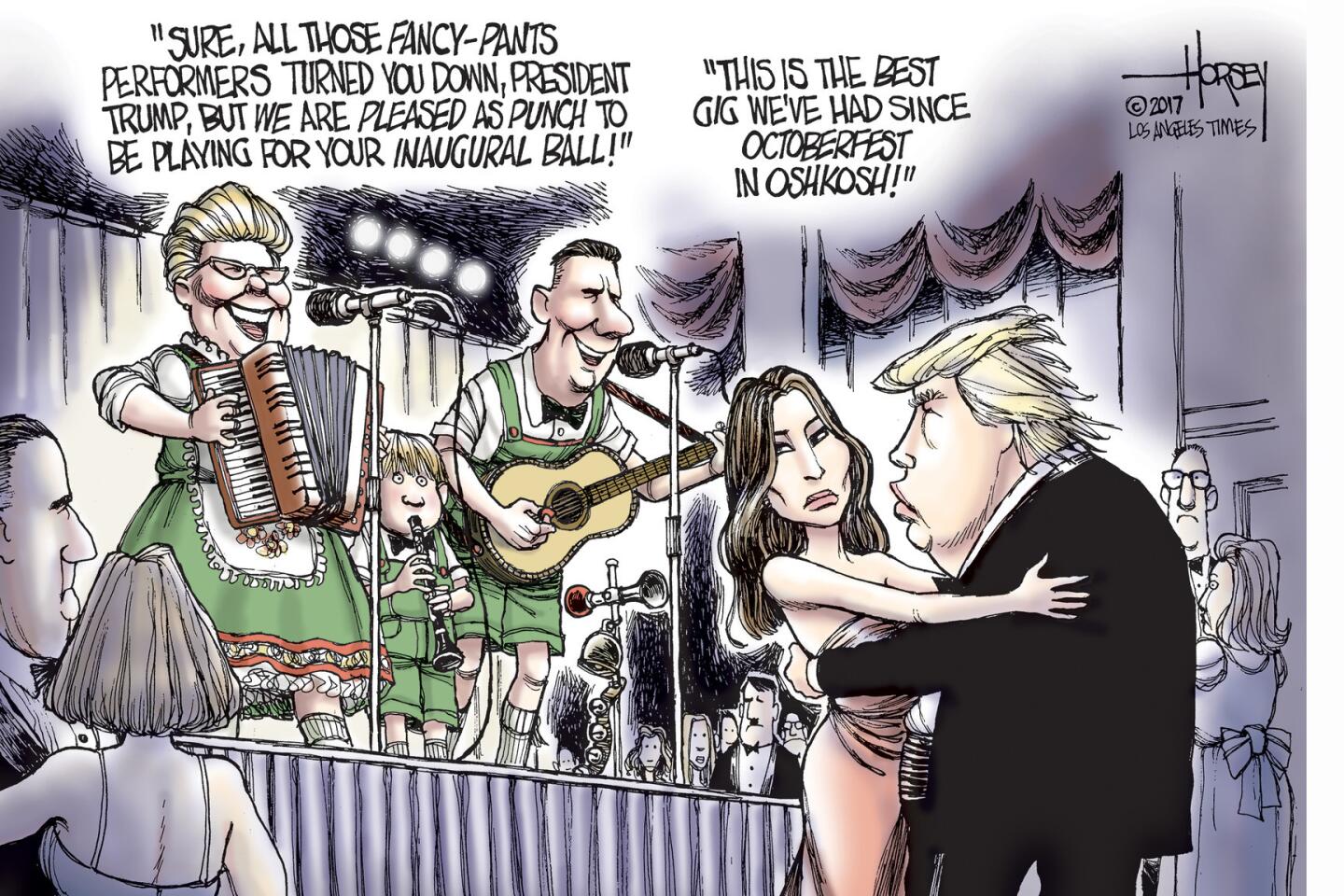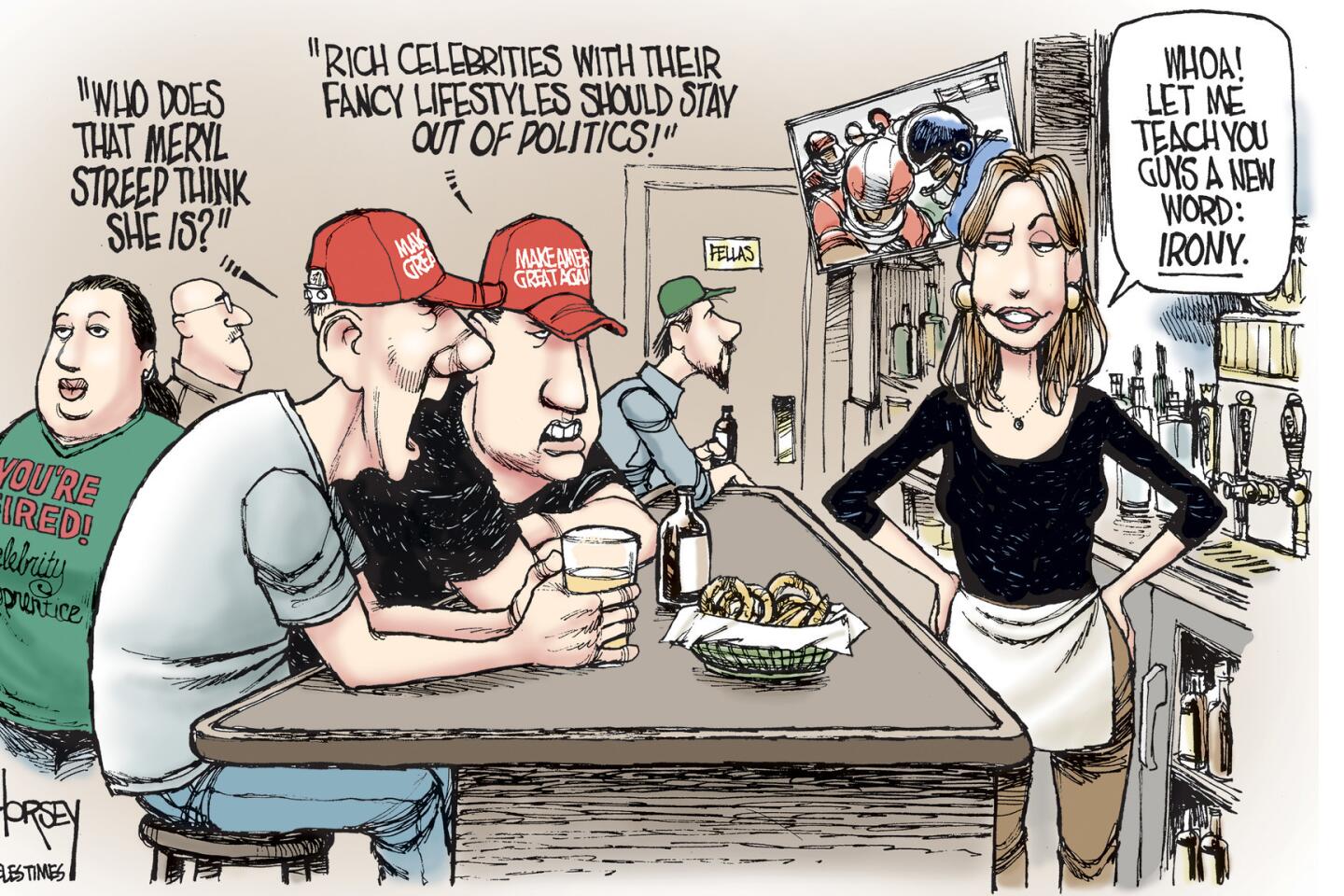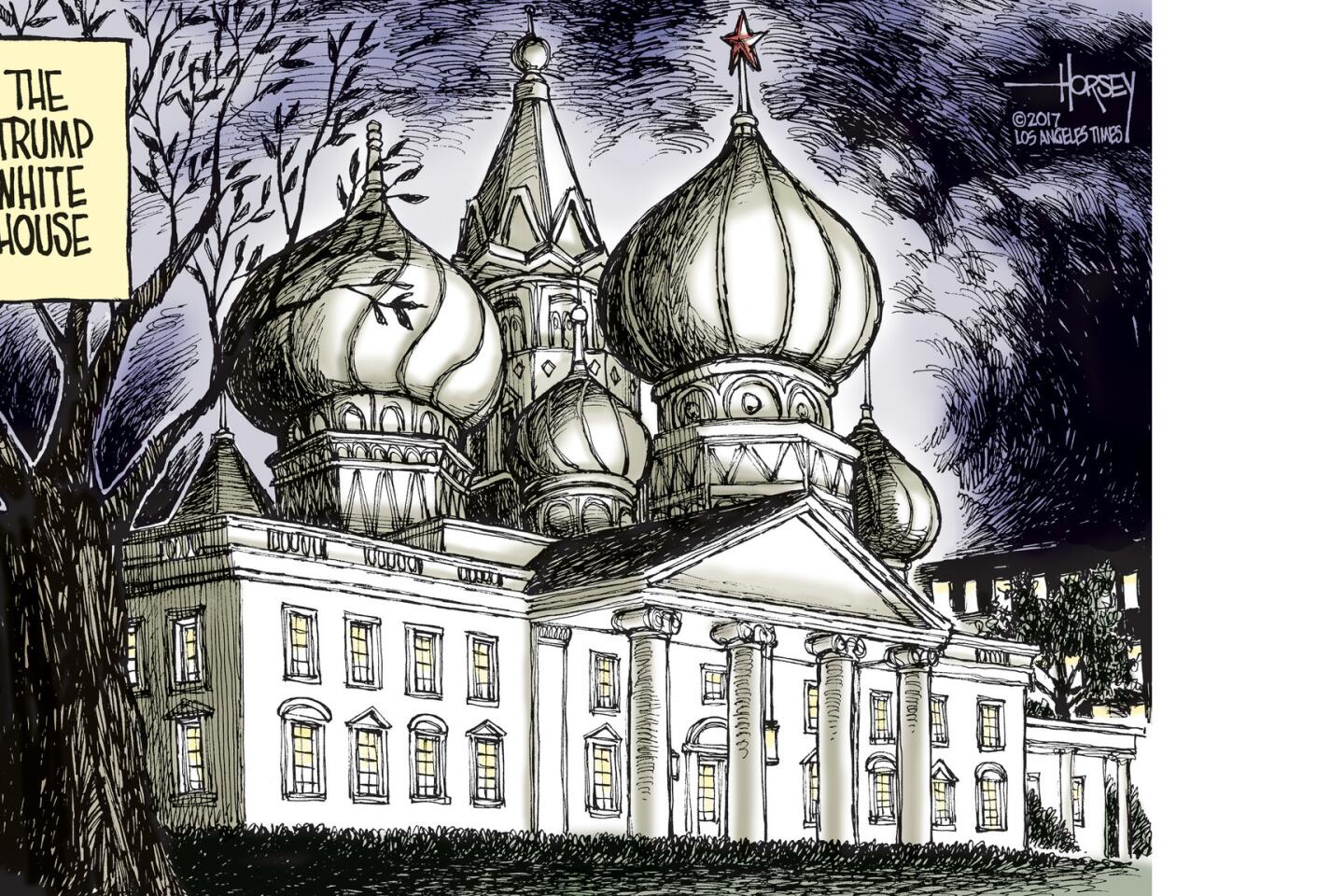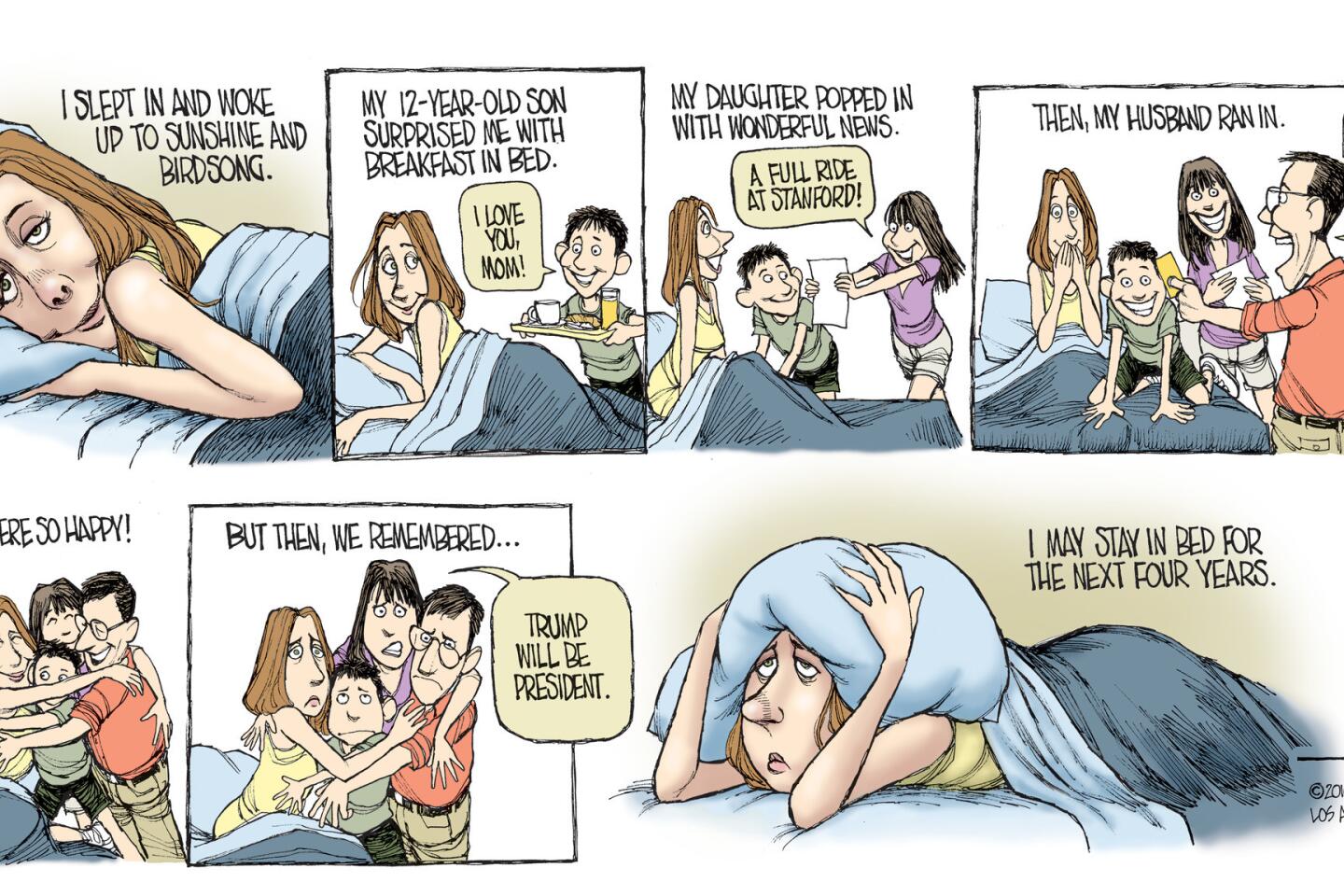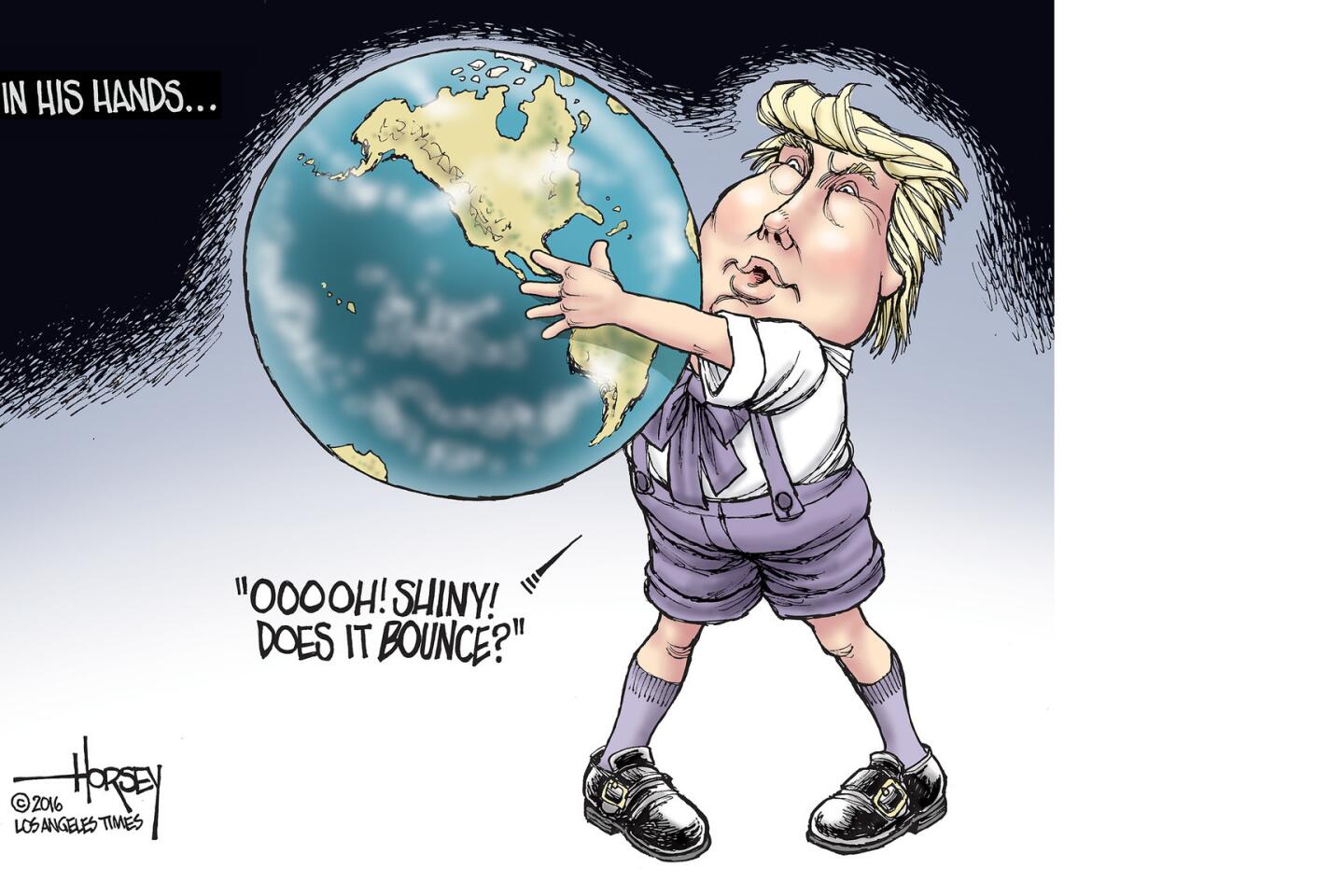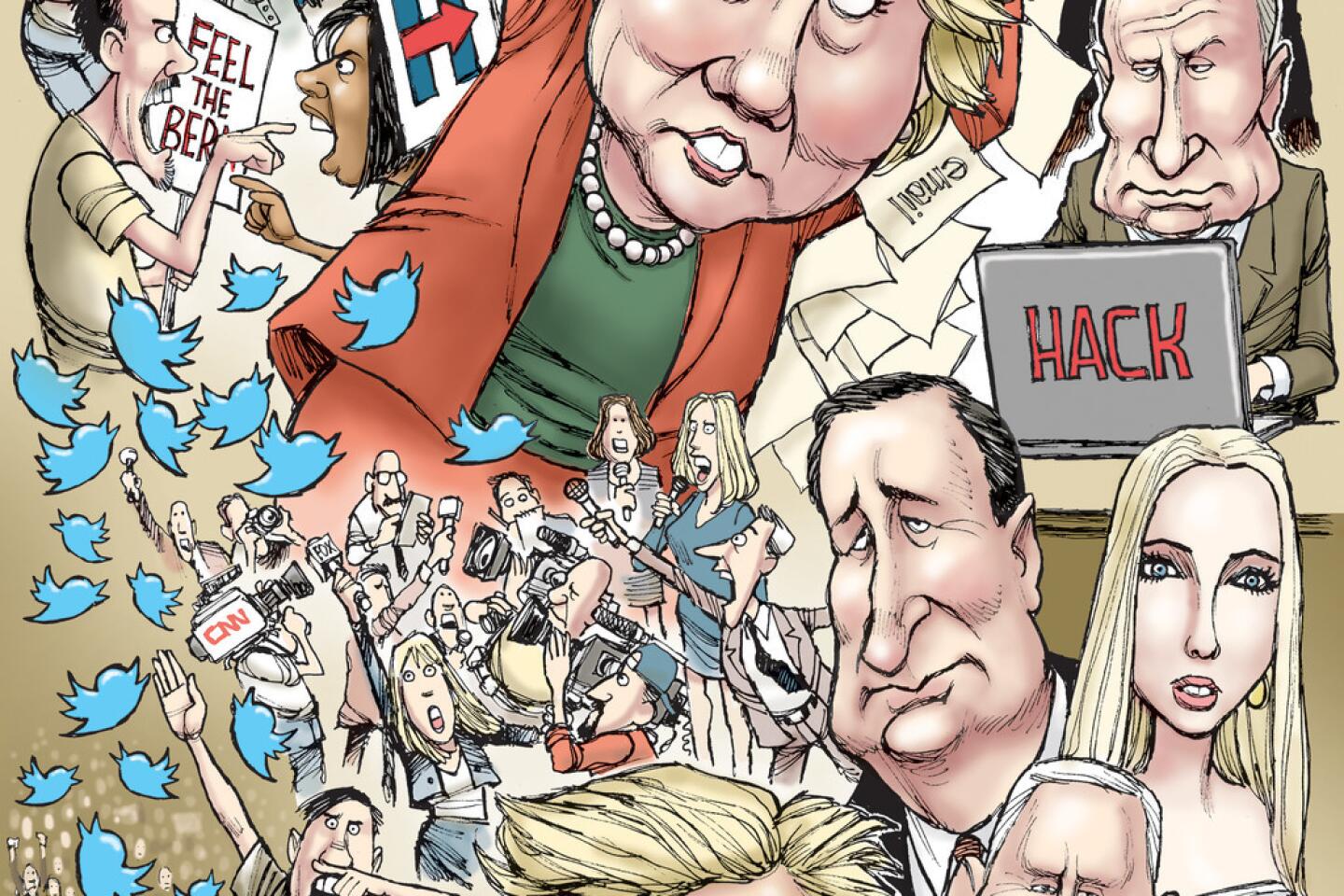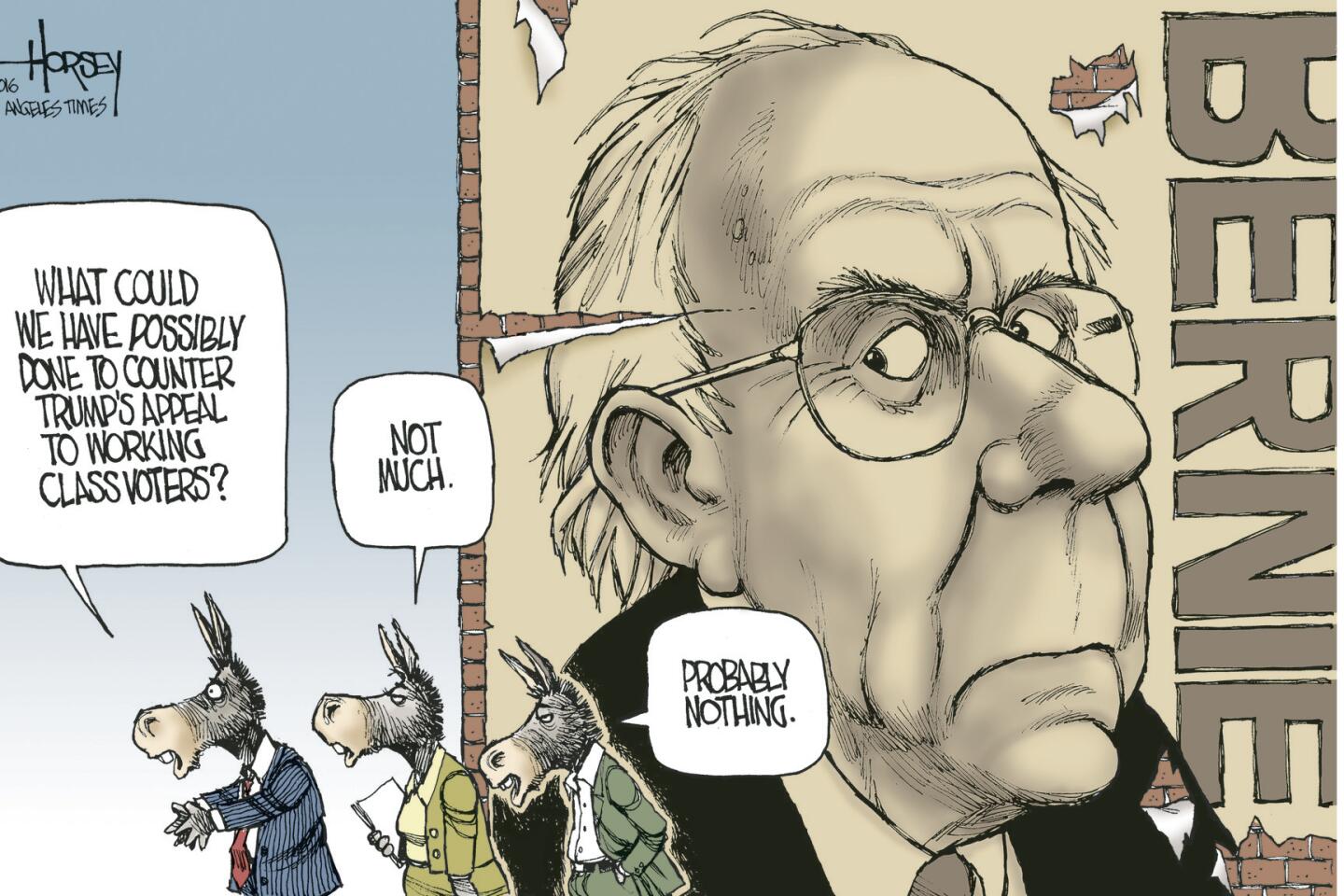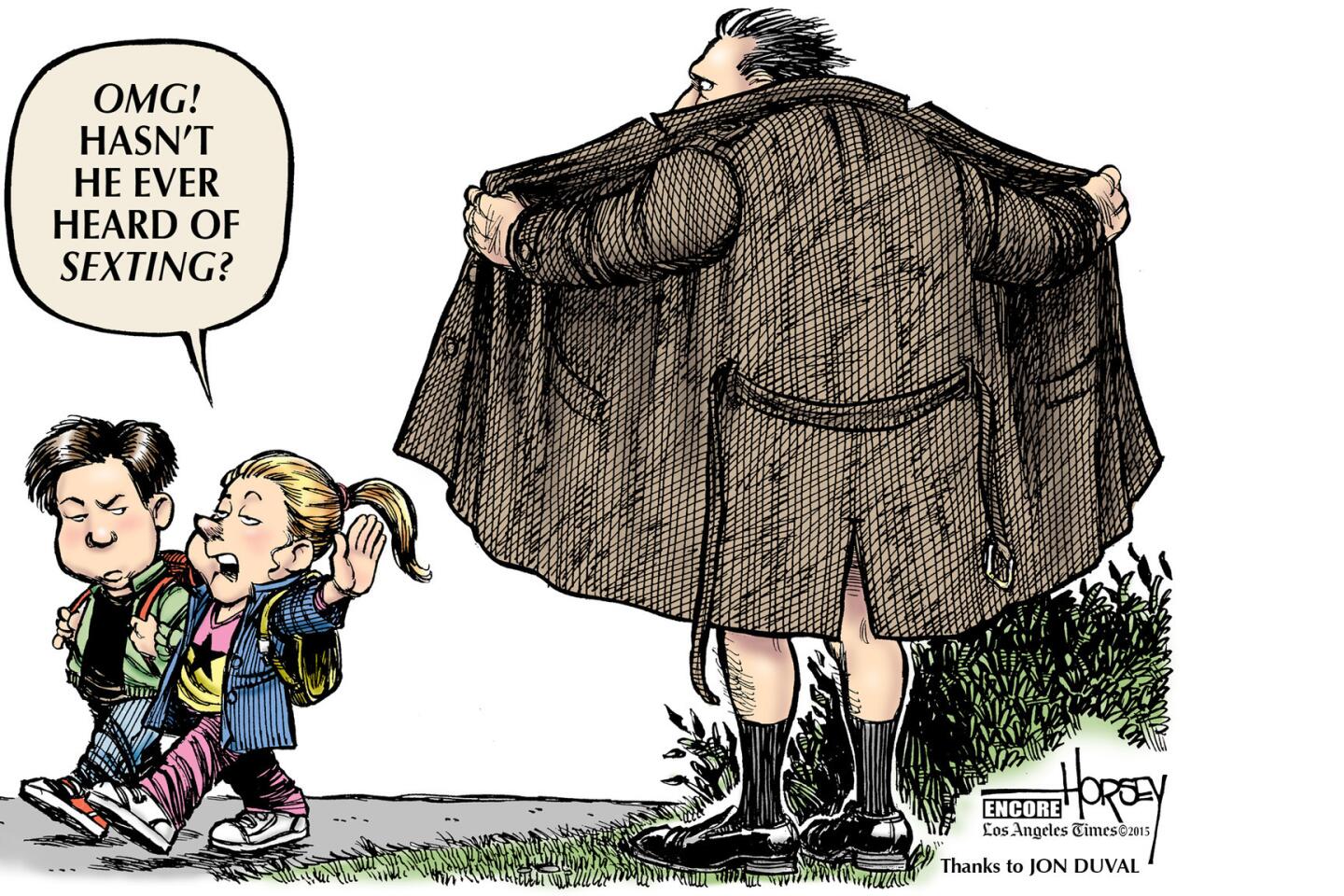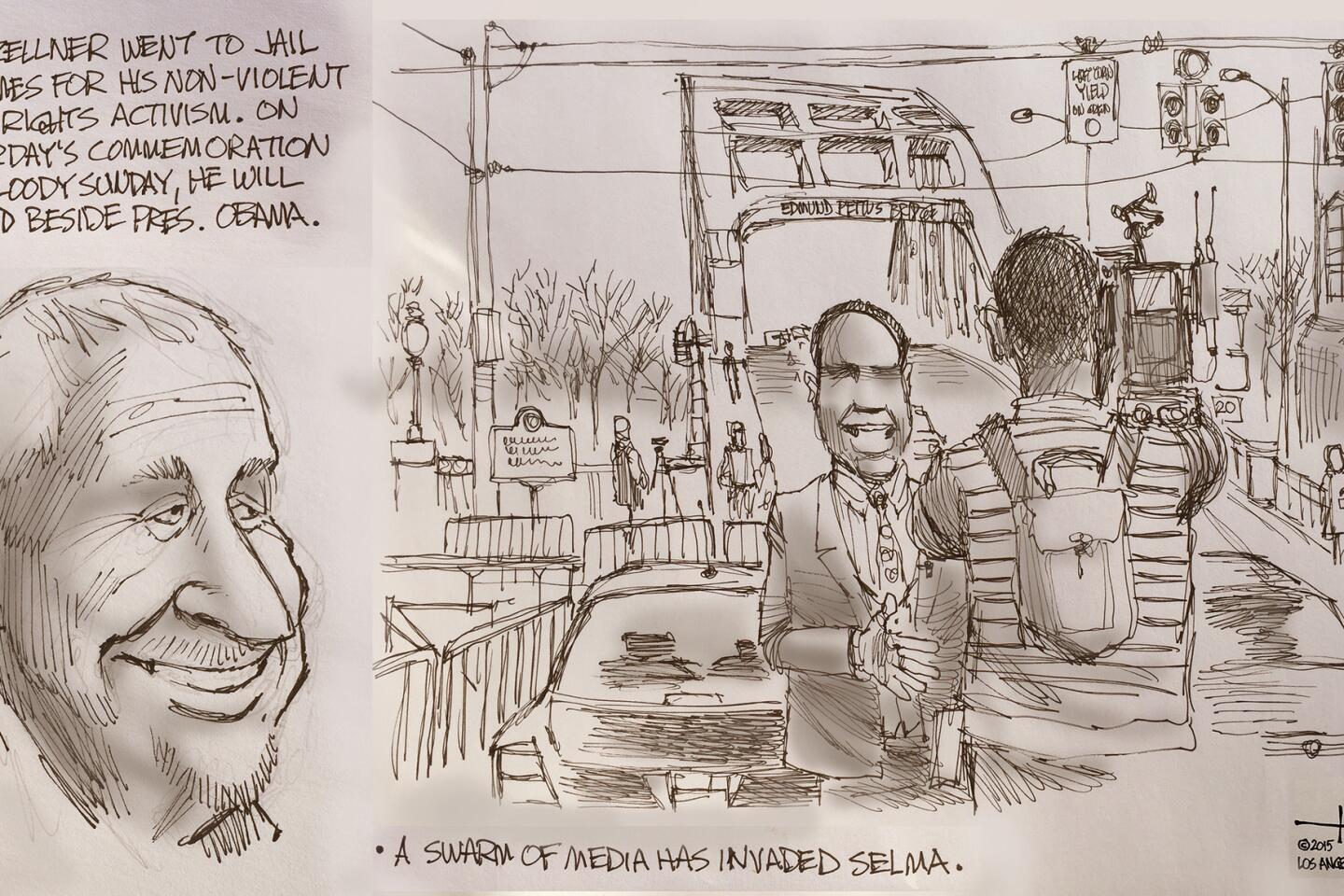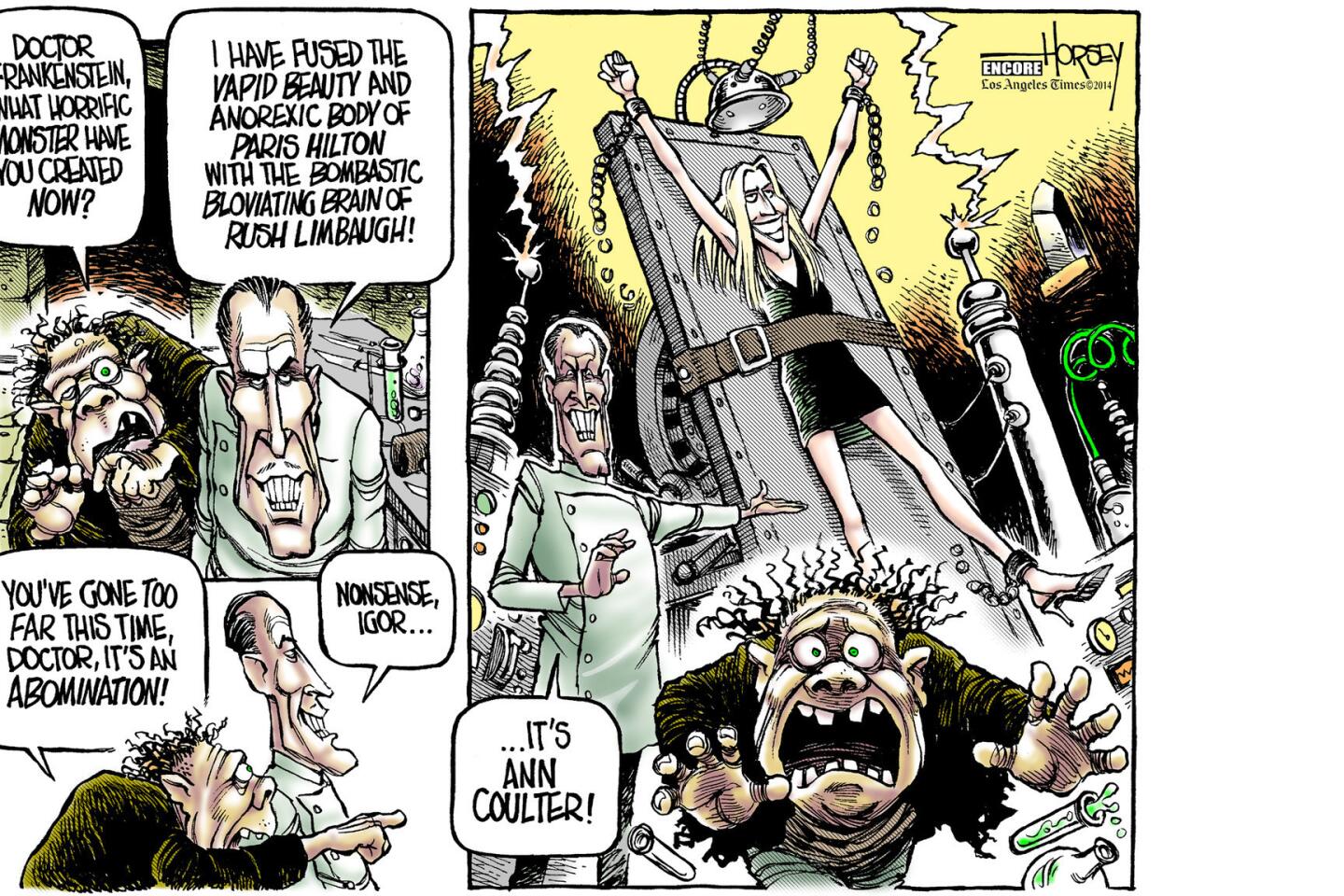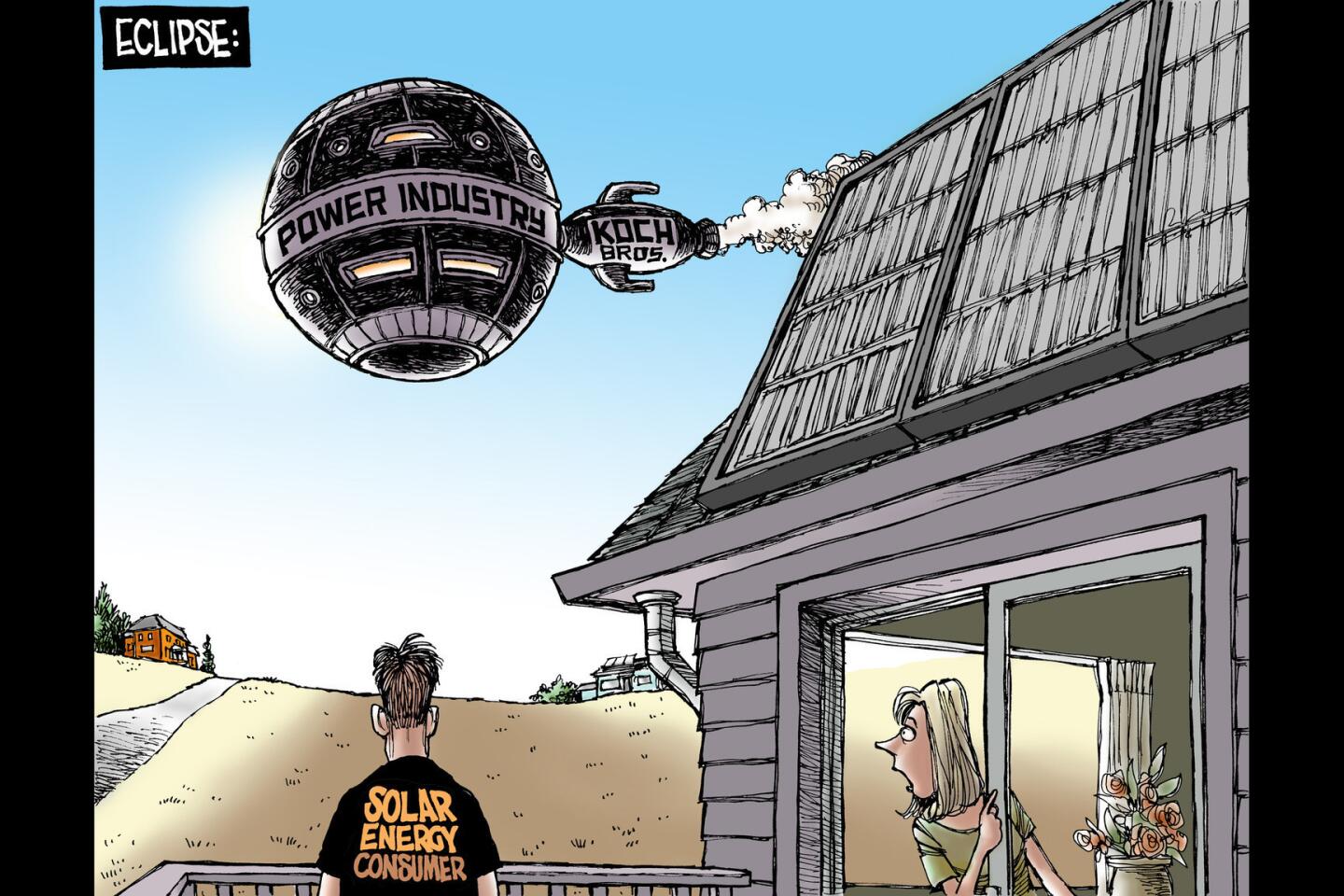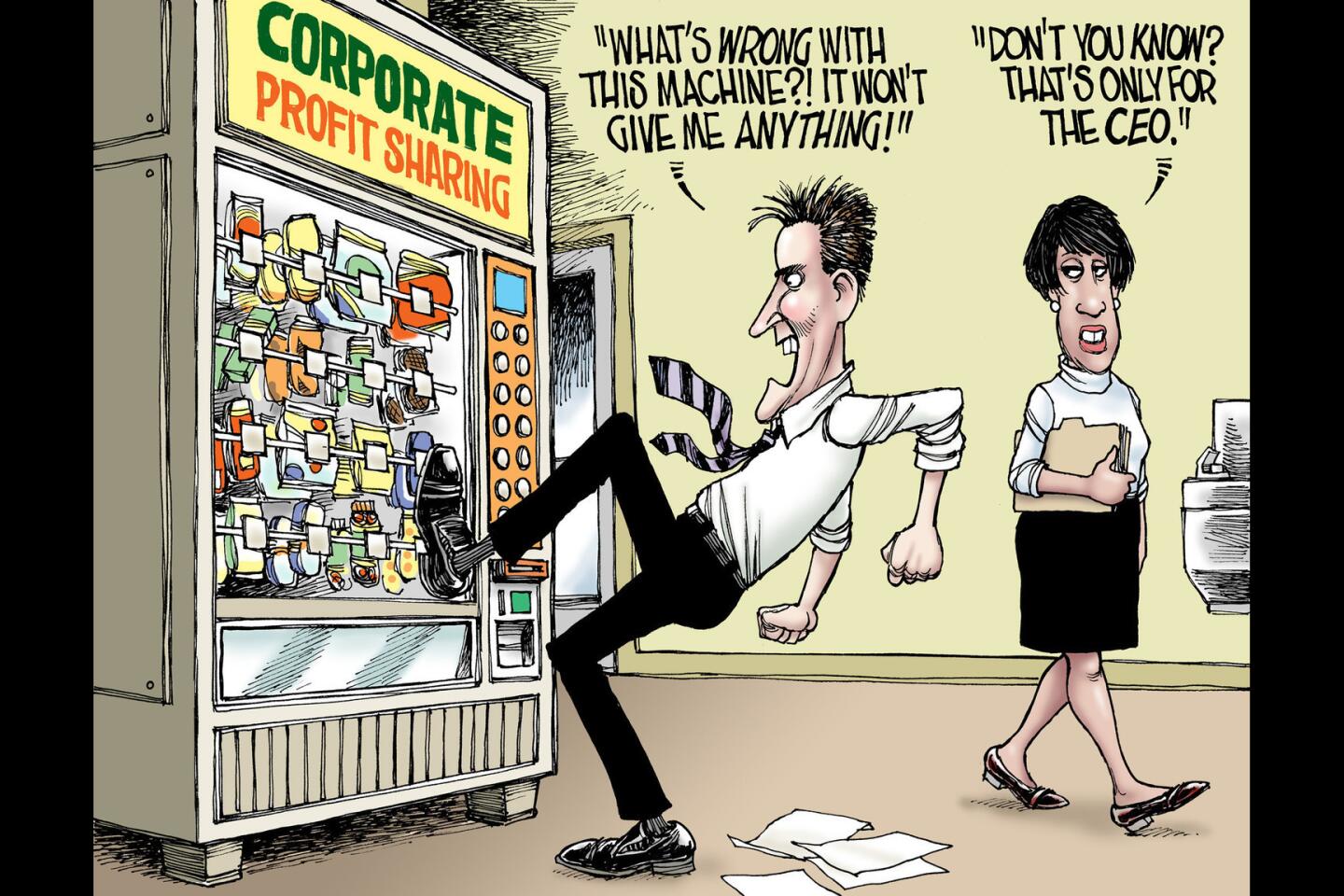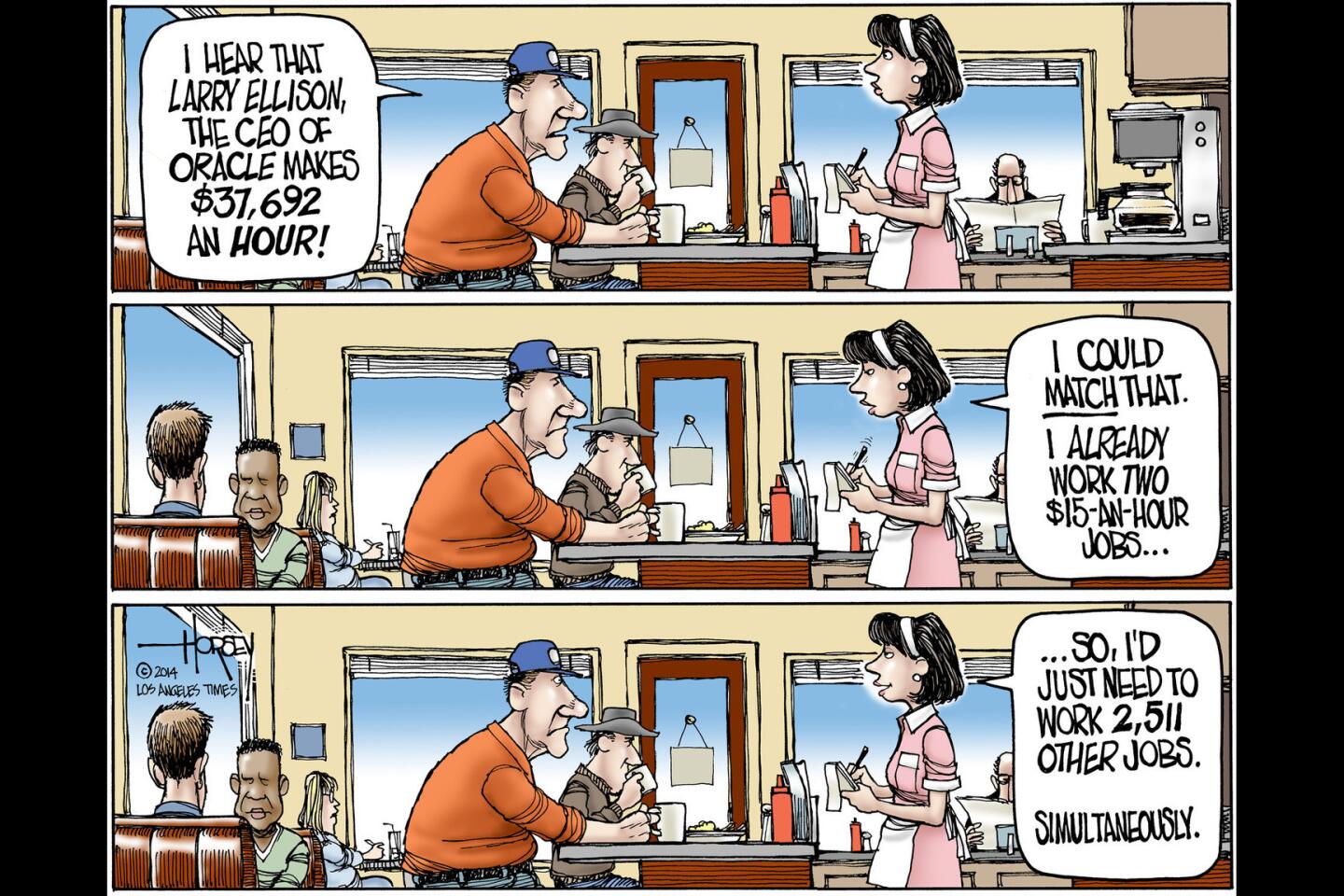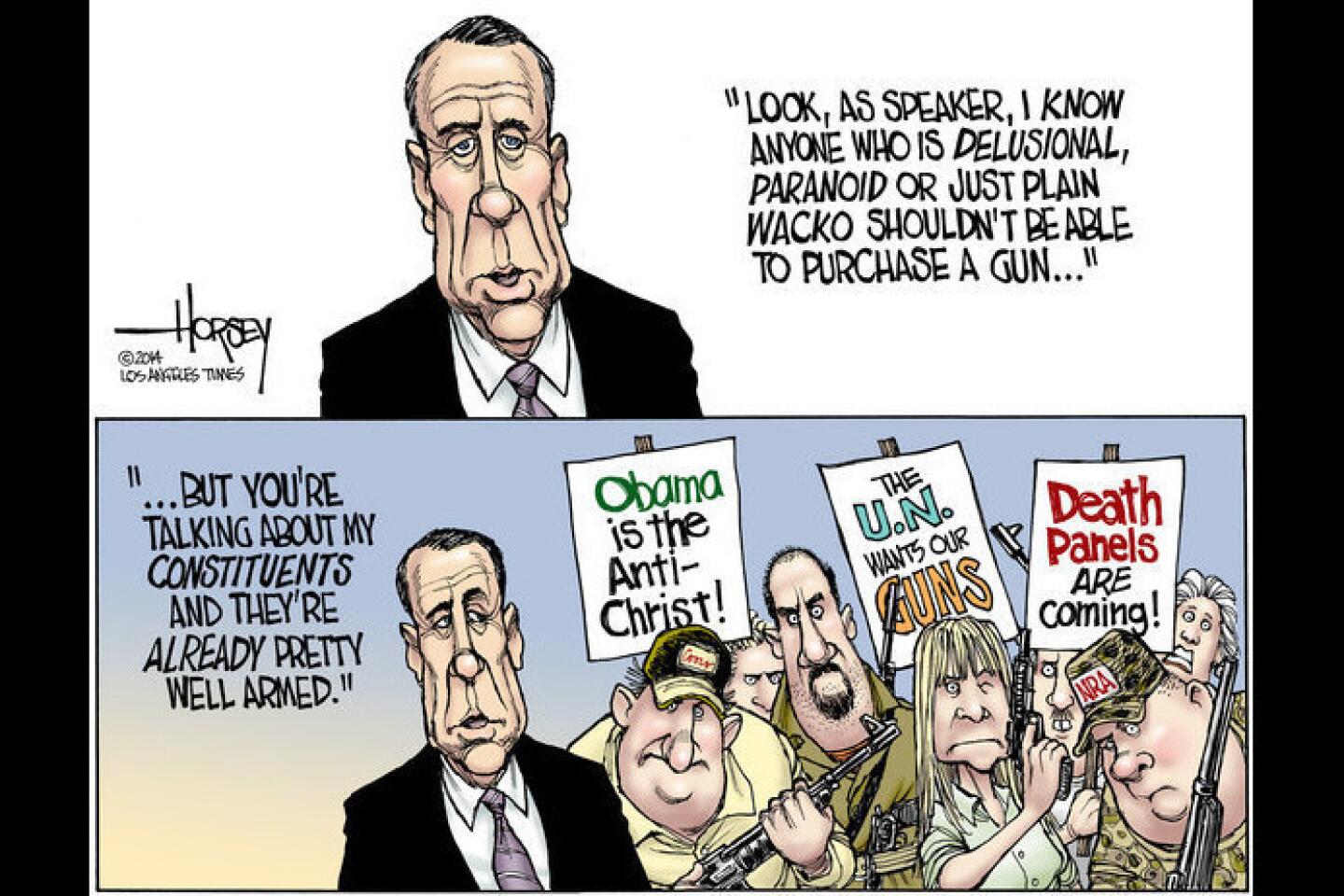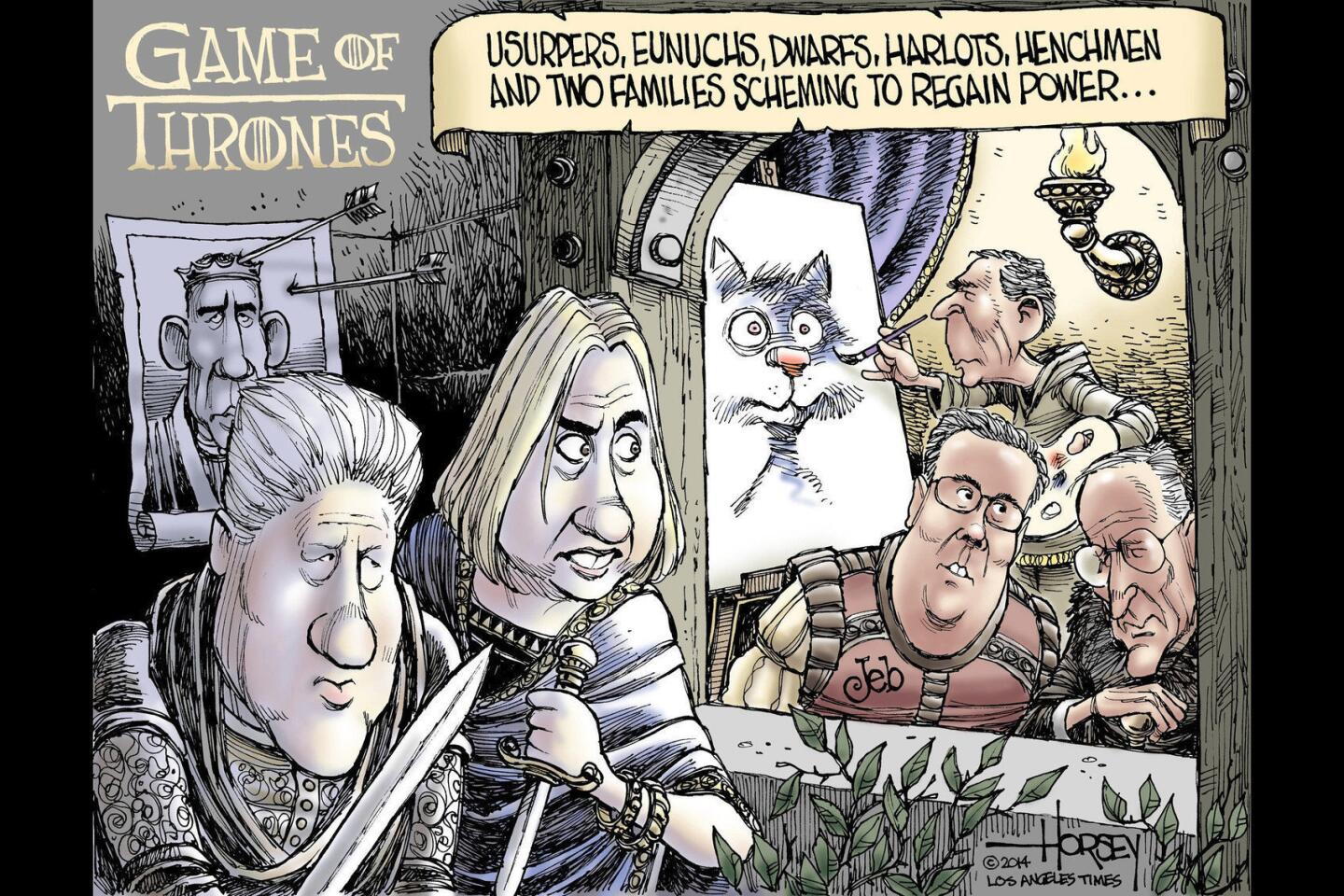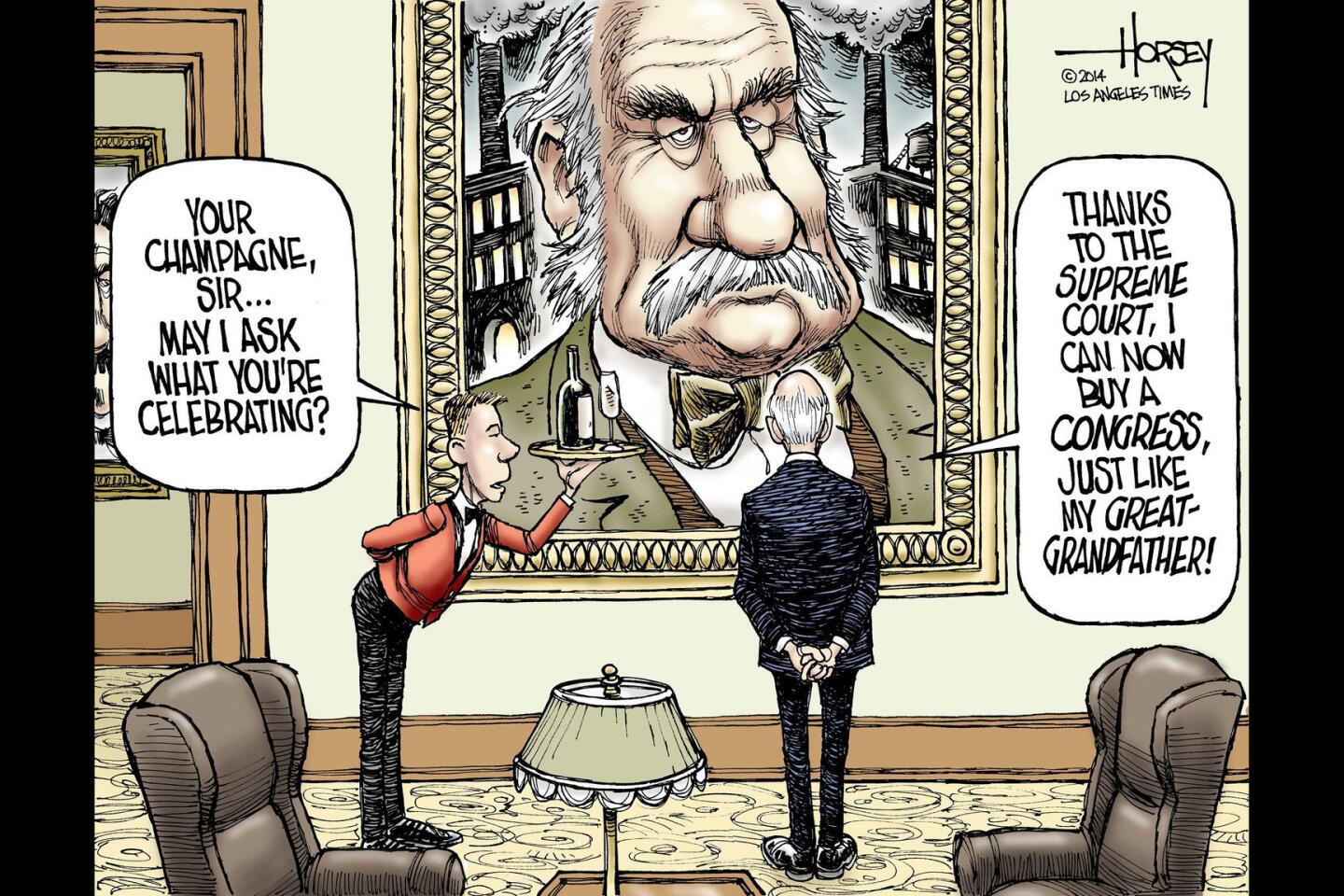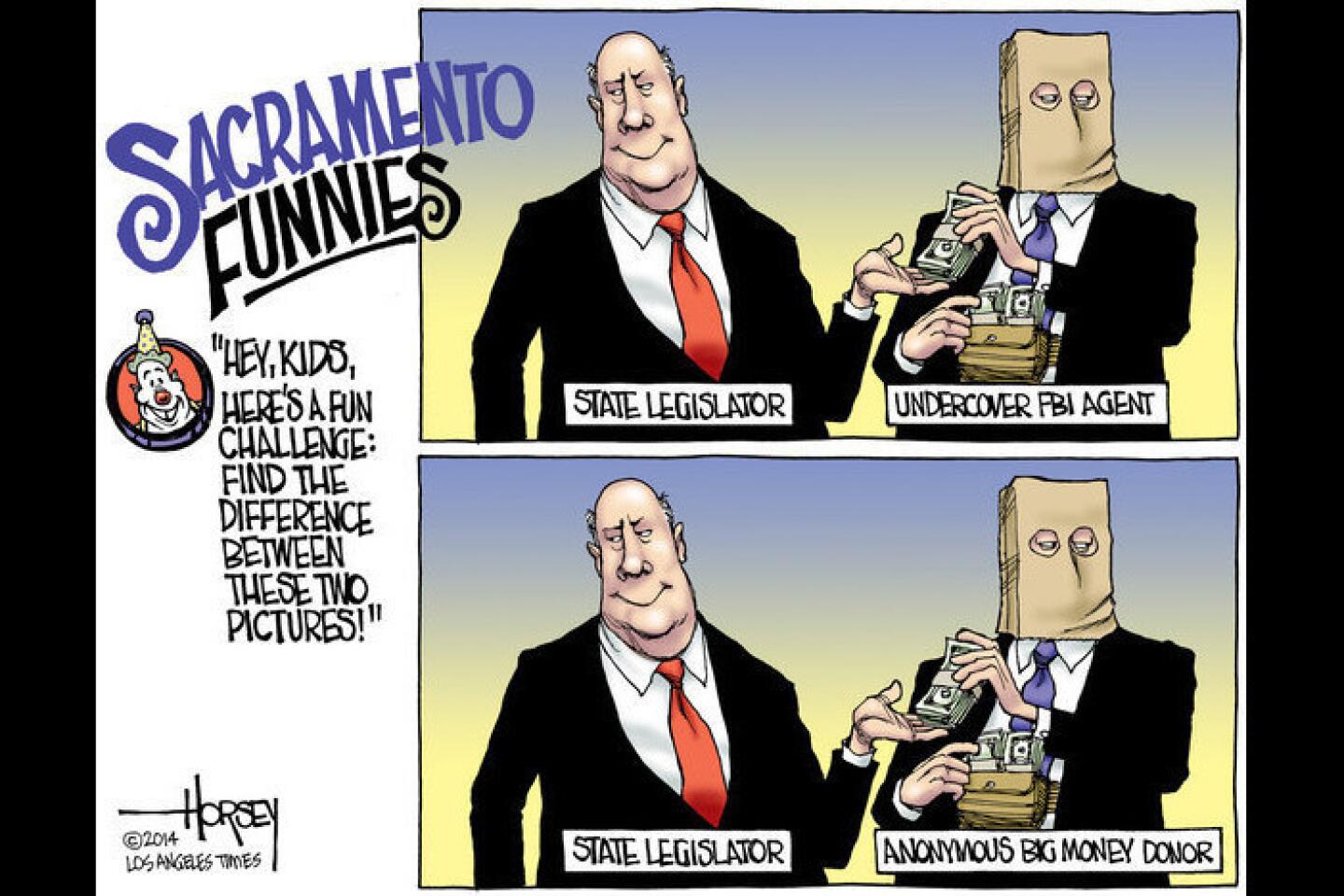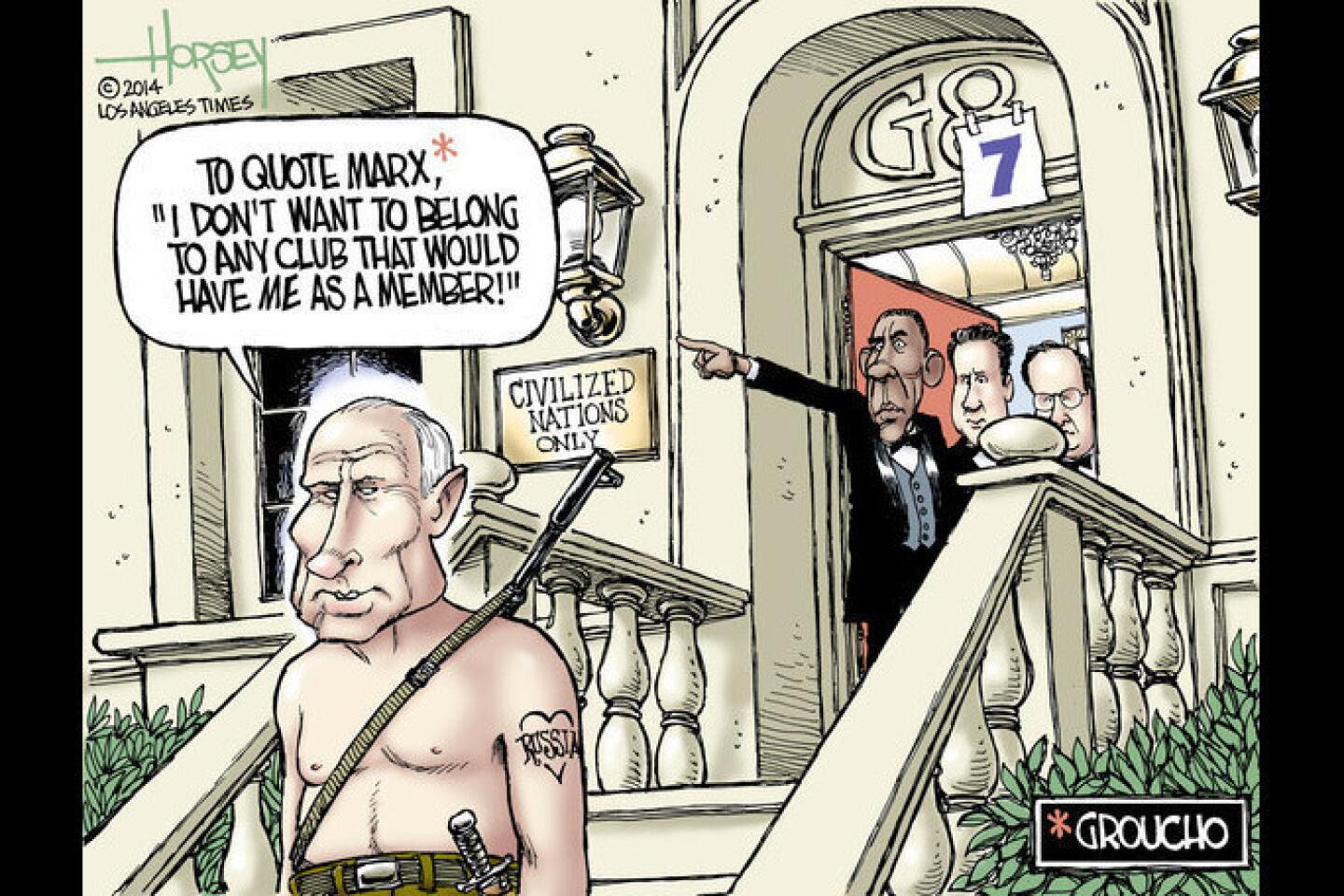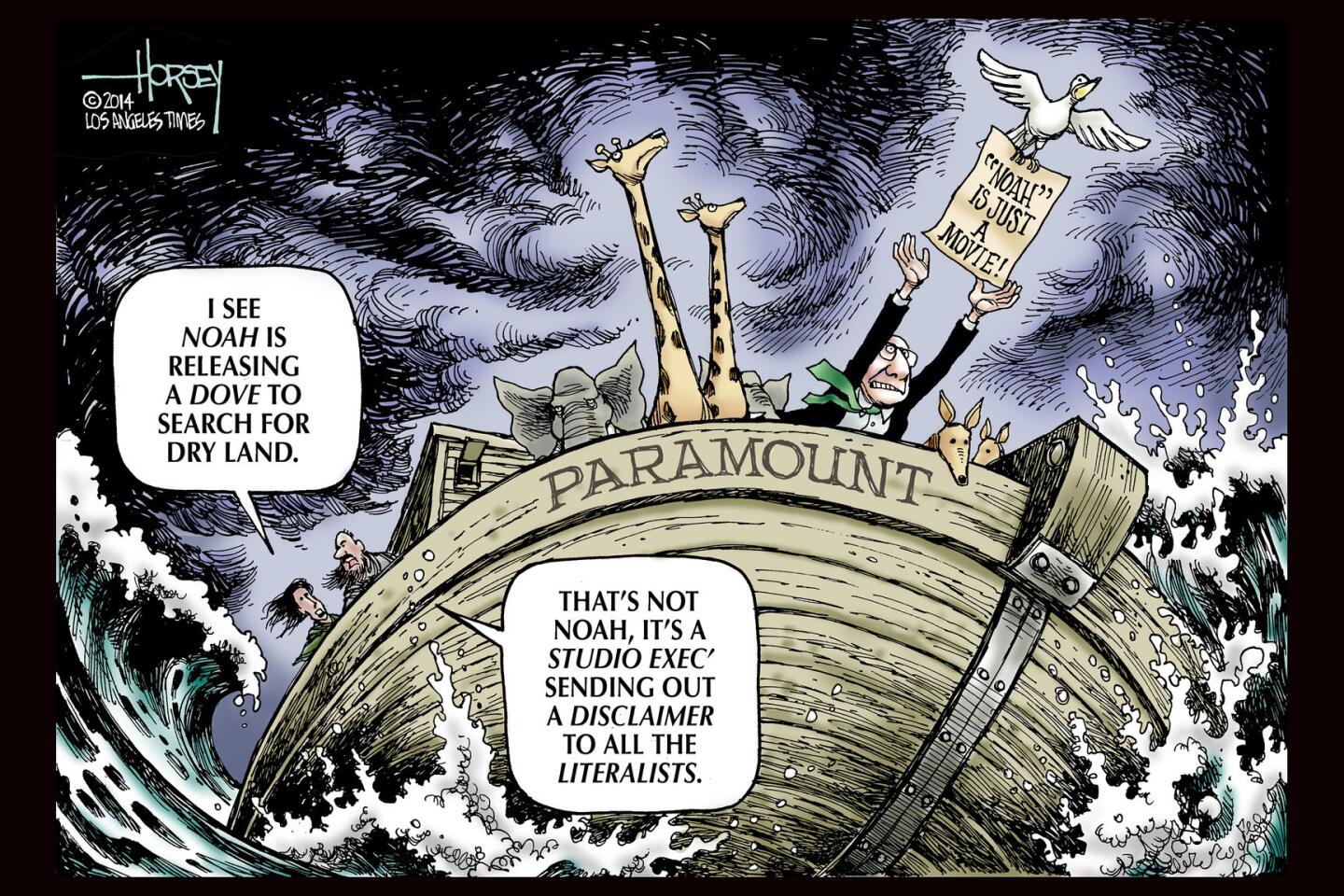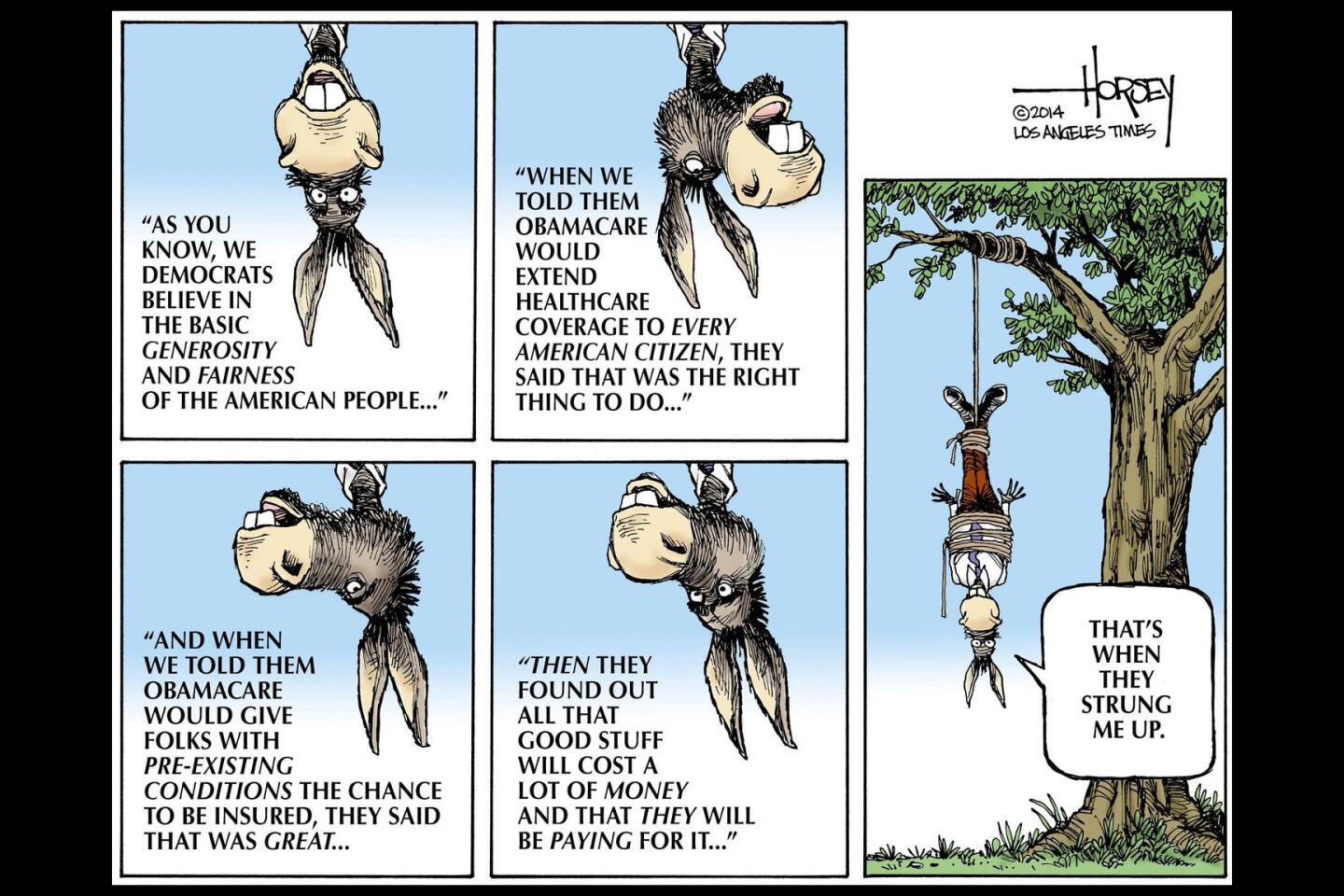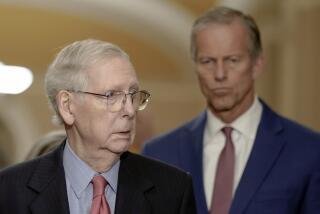Mitch McConnell’s healthcare rewrite looks as ‘mean’ as the House version
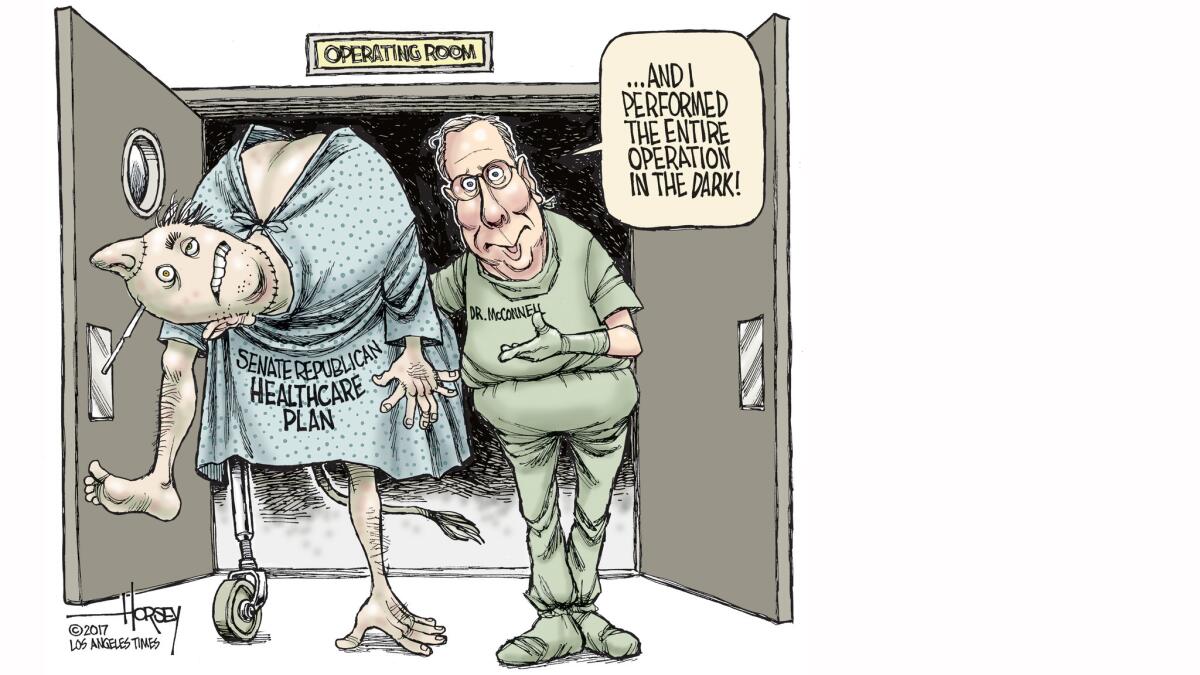
After throwing a celebratory garden party outside the Oval Office with all those white guys in suits who passed an Obamacare repeal plan that would take away the healthcare of 24 million Americans, President Trump seems to have had a change of heart. He began characterizing the scheme as “mean” and urged Senate Republicans to be more generous and less hardhearted as they recrafted the House bill.
Well, now that Senate GOP rewrite has been released from the backroom secrecy in which it was drafted under the guidance of Majority Leader Mitch McConnell, it appears no one really paid any attention to what Trump had to say. McConnell turns out to be just as mean as Speaker of the House Paul Ryan.
The Senate Republican bill would take away billions of dollars from Medicaid, the government health insurance program for the poor, and spend that money on a big tax break for wealthy people. The bill would also sharply reduce subsidies that help low-income folks purchase health insurance. In these and most other ways, the Senate measure is not radically different from the House version of the American Health Care Act which, according to polls, is deeply unpopular with more than 80% of voters.
Following the unveiling of McConnell’s handiwork, Trump said “a little negotiation” was in order to make it better. He tapped out a tweet in which he declared himself “supportive” but looking “forward to making it very special.” As has been the case throughout the debate over repealing and replacing Obamacare, Trump’s generalities indicate that he continues to be nearly clueless about the details of the Republican plan and, therefore, largely a bystander in the process.
The players who now matter far more than the president are the four libertarian Republican senators who say they will not vote for the bill their colleagues have put together because it is merely “Obamacare-light.” In other words, not mean enough. Opposition from those four — Utah’s Mike Lee, Kentucky’s Rand Paul, Wisconsin’s Ron Johnson and Texan Ted Cruz — would scuttle the legislation because Republicans hold only 52 Senate seats and they are not getting any votes from the 48 Democrats to help make a majority. The four libertarians simply do not believe that government should be so deeply involved in healthcare, even if millions of poor, elderly and working-class citizens cannot obtain care without government assistance.
However, if the conservative purists get what they want and the bill is amended to make it even more heartless, McConnell could lose Republicans on the more moderate side who already do not like what they see in the proposal.
Senate Democrats are happy to let the Republicans fight among themselves. They see the popularity of Obamacare steadily rising and think the Republicans will pay a steep political price in 2018 if they take away healthcare from millions of voters. Of course, that kind of conventional thinking is what has put Democrats in the minority in Congress and in so many state legislatures. There is not an automatic correlation between expressions of unhappiness in polls and votes on election day. Even if a trashing of Obamacare turns out as badly as liberals expect, Republican members of Congress in safe, gerrymandered districts could be insulated from the heat. And the reality is that poor people do not vote as dependably as those who are economically secure and have health insurance through their employers.
That sort of political calculation seems to be a prime concern driving the debate and shaping the legislation. McConnell pretty obviously simply wants a bill that will pass, no matter what provisions it contains. And, if he cannot get it passed, he at least wants to show he tried so that the GOP base will be appeased.
In a different political world, senators on both sides of the aisle would be looking for common ground and trying to craft improvements in Obamacare that take care of the real deficiencies in the current system. But that different political order is long gone. Democrats and Republicans find it impossible to work together as they once did in the days before the political center had been hollowed out. As a result, choices that will deeply affect the health of millions of citizens are being driven by the narrowest kind of politics. And that is truly sick.
Follow me at @davidhorsey on Twitter
More to Read
A cure for the common opinion
Get thought-provoking perspectives with our weekly newsletter.
You may occasionally receive promotional content from the Los Angeles Times.
